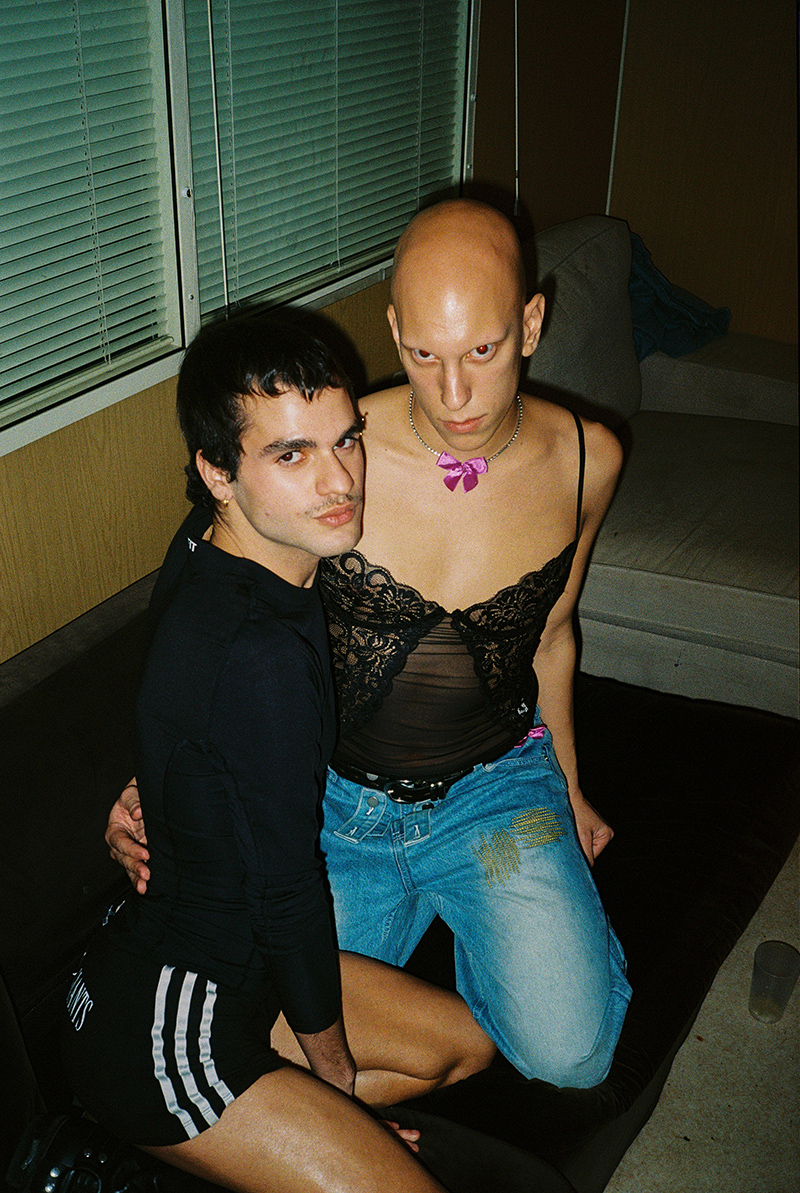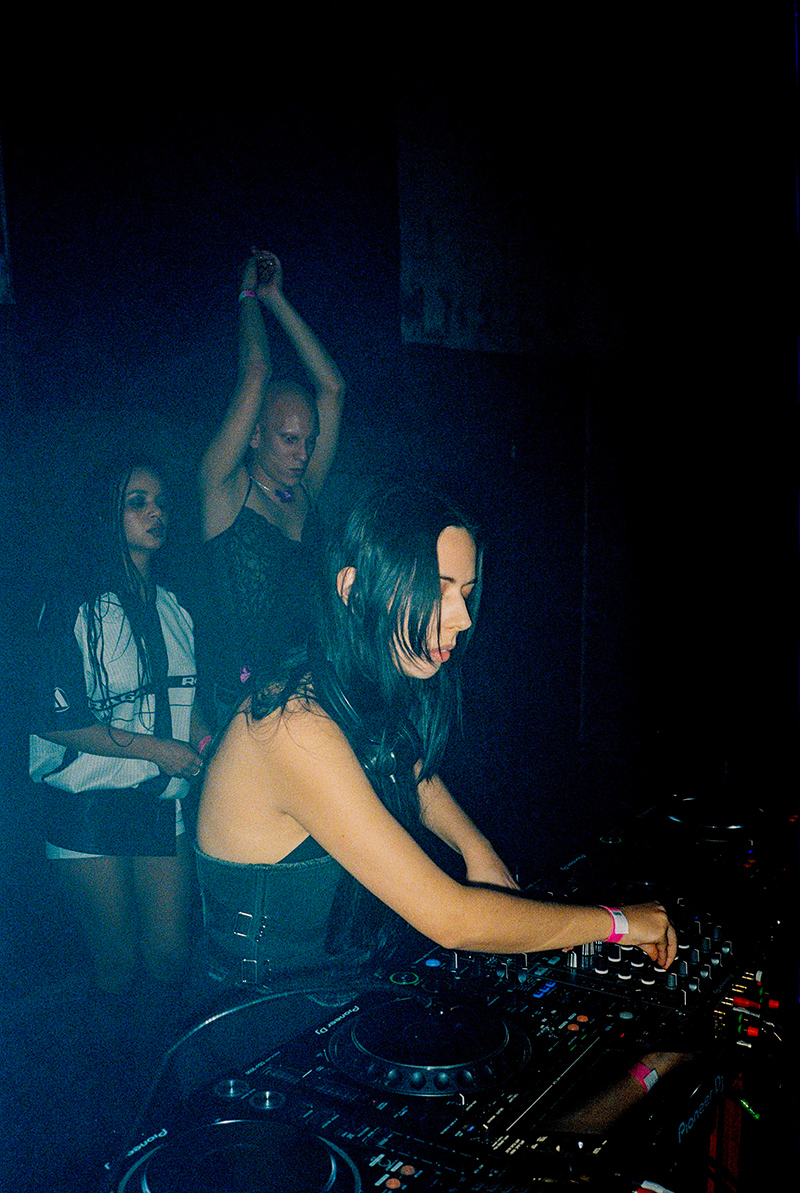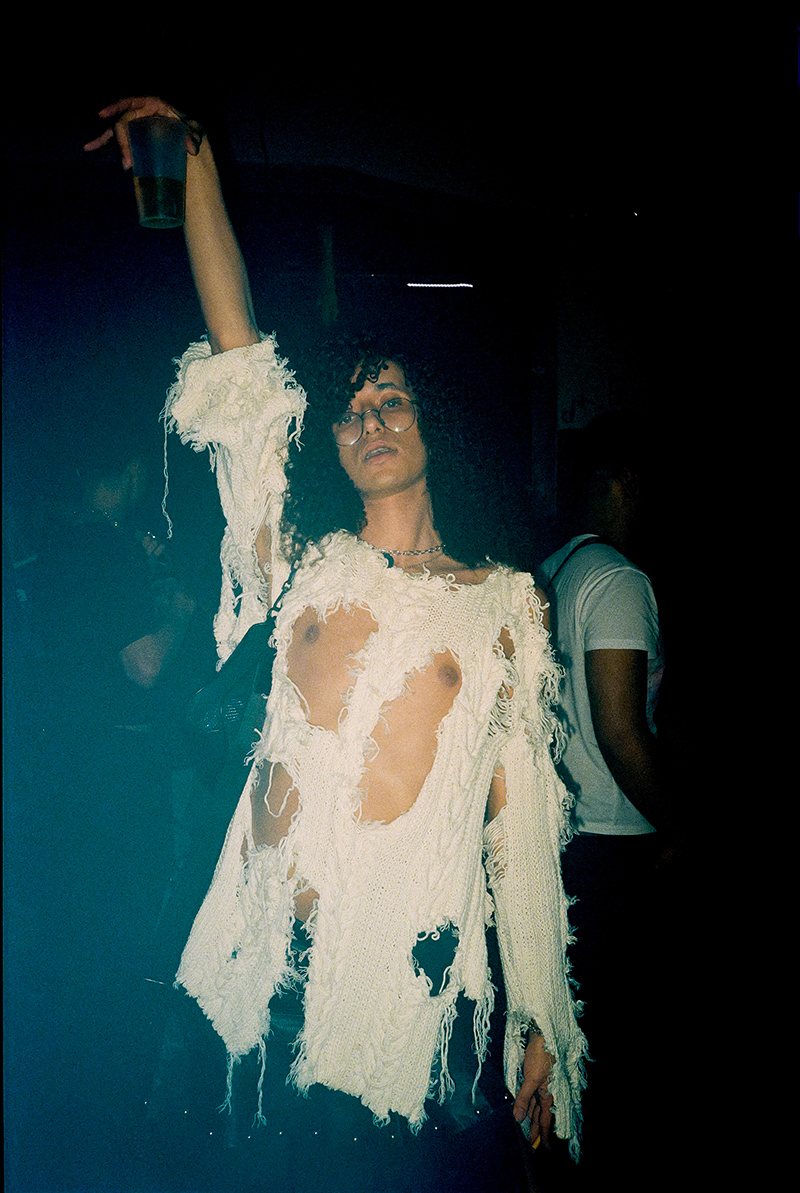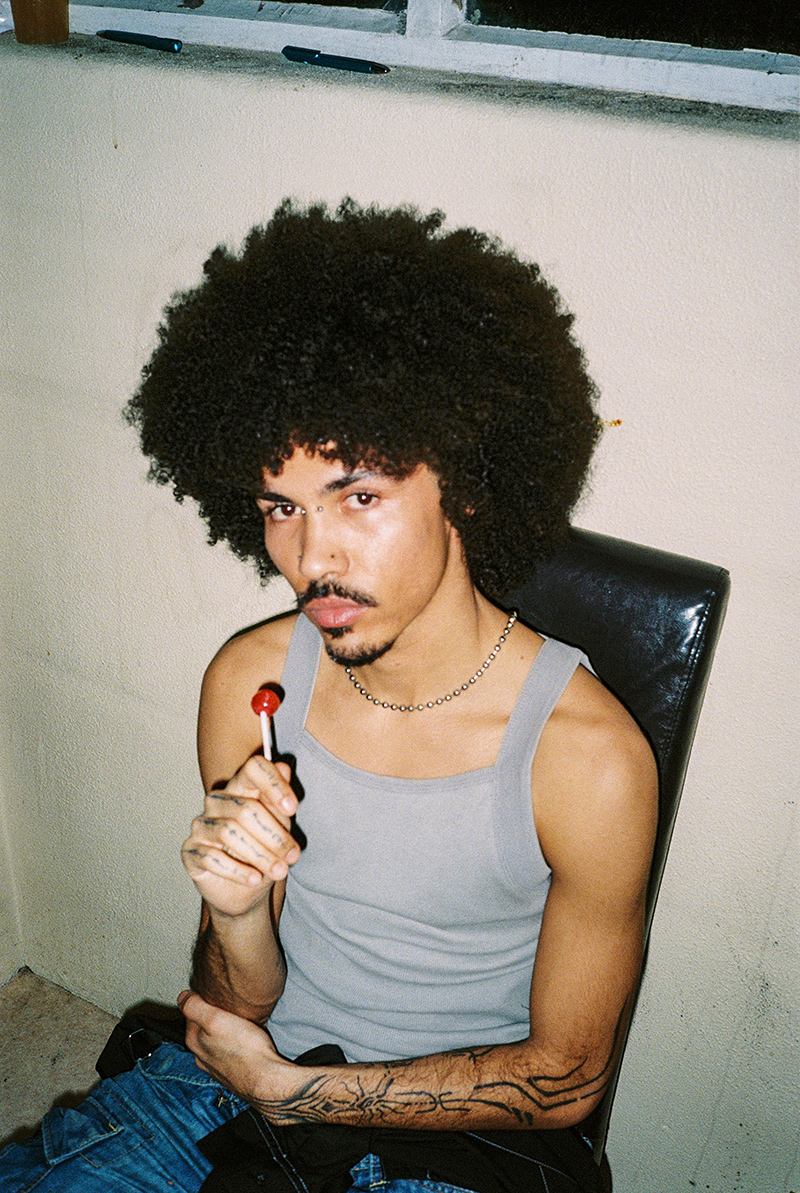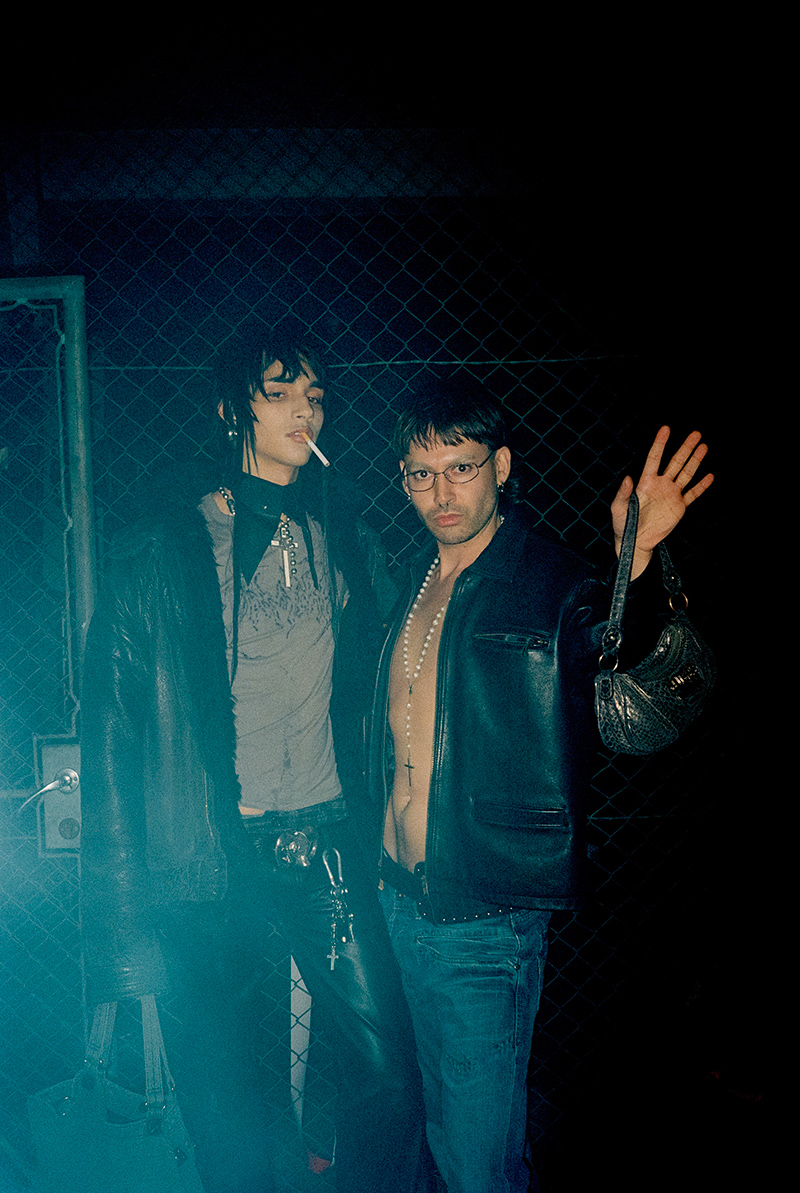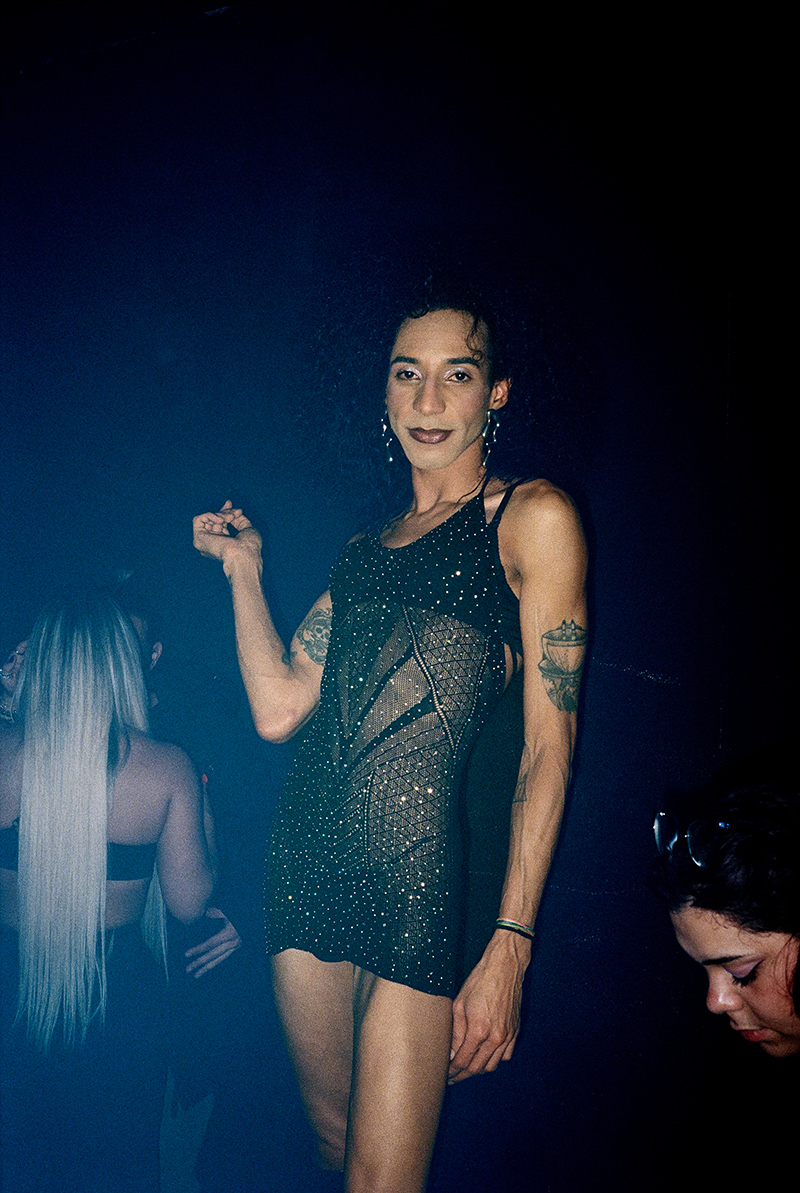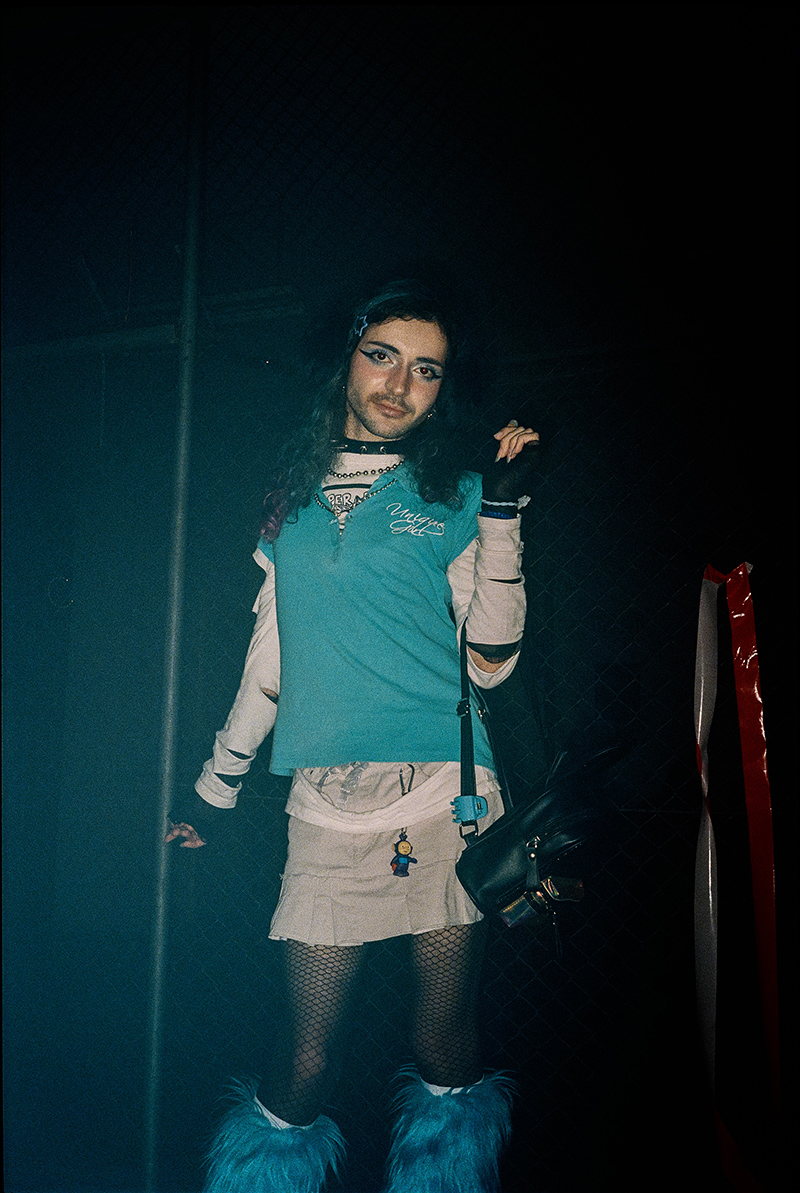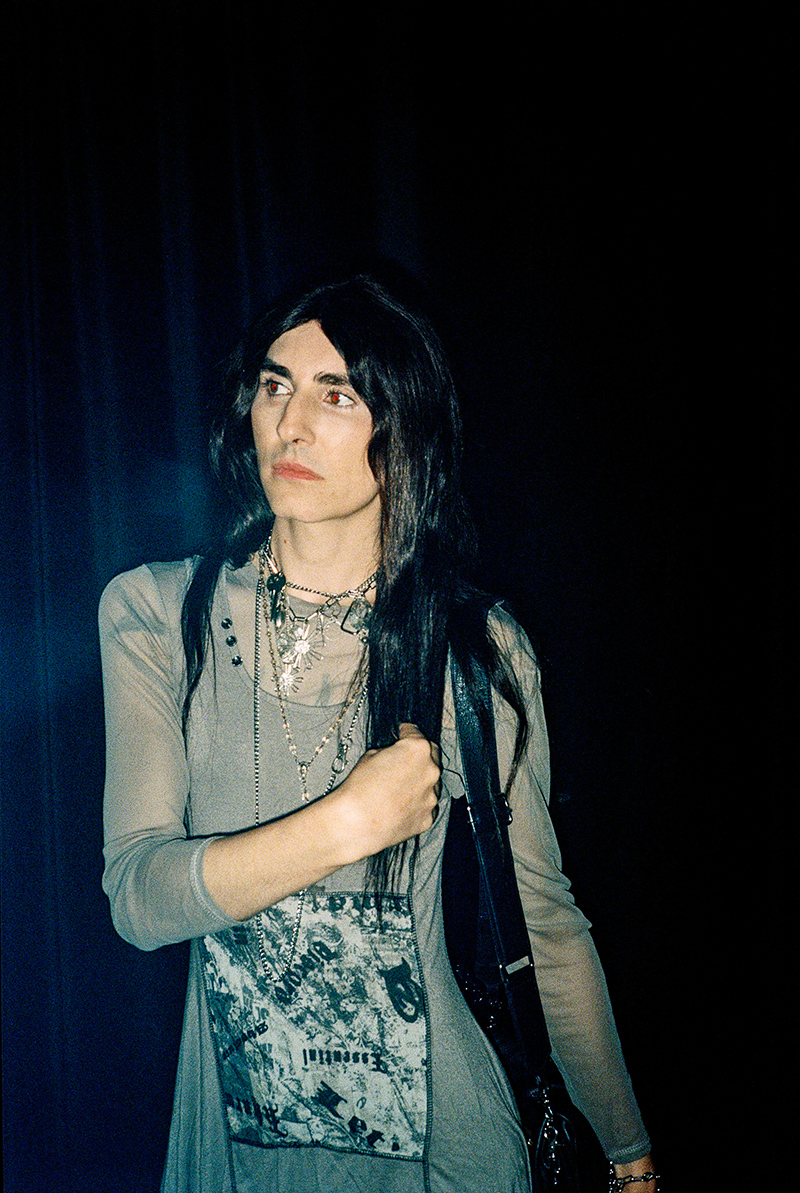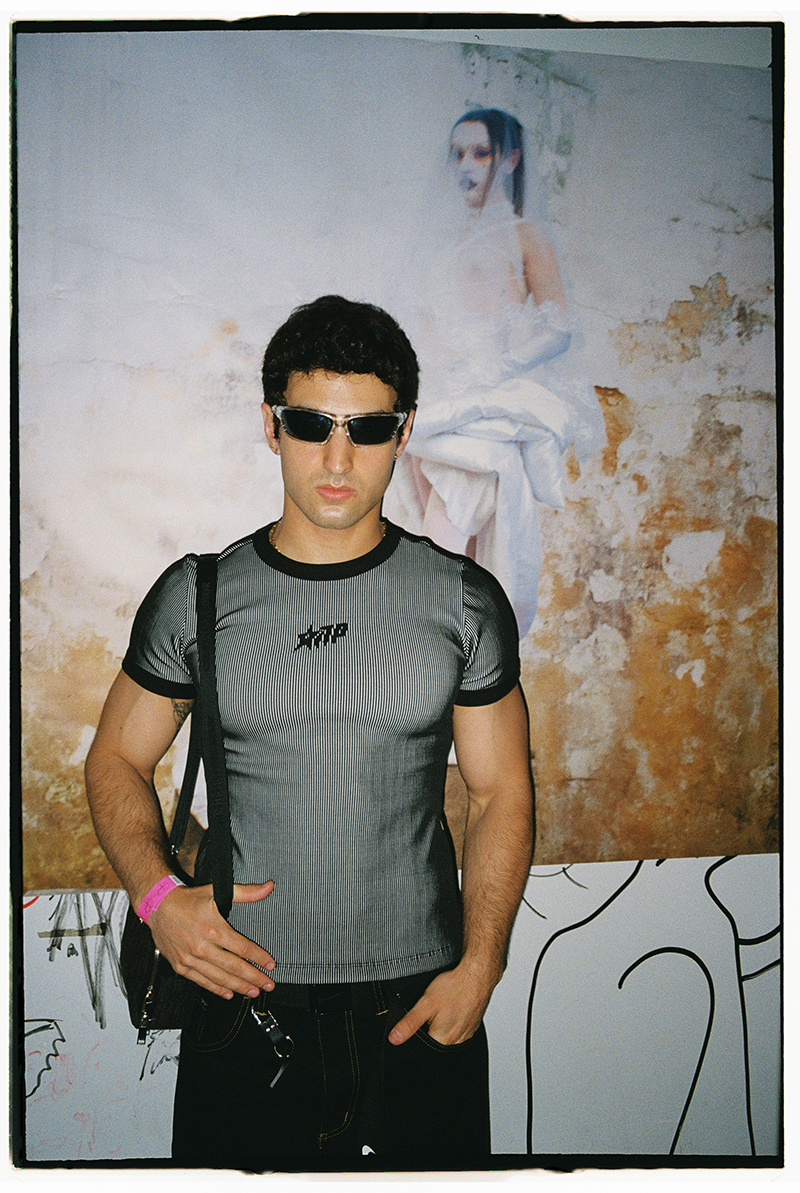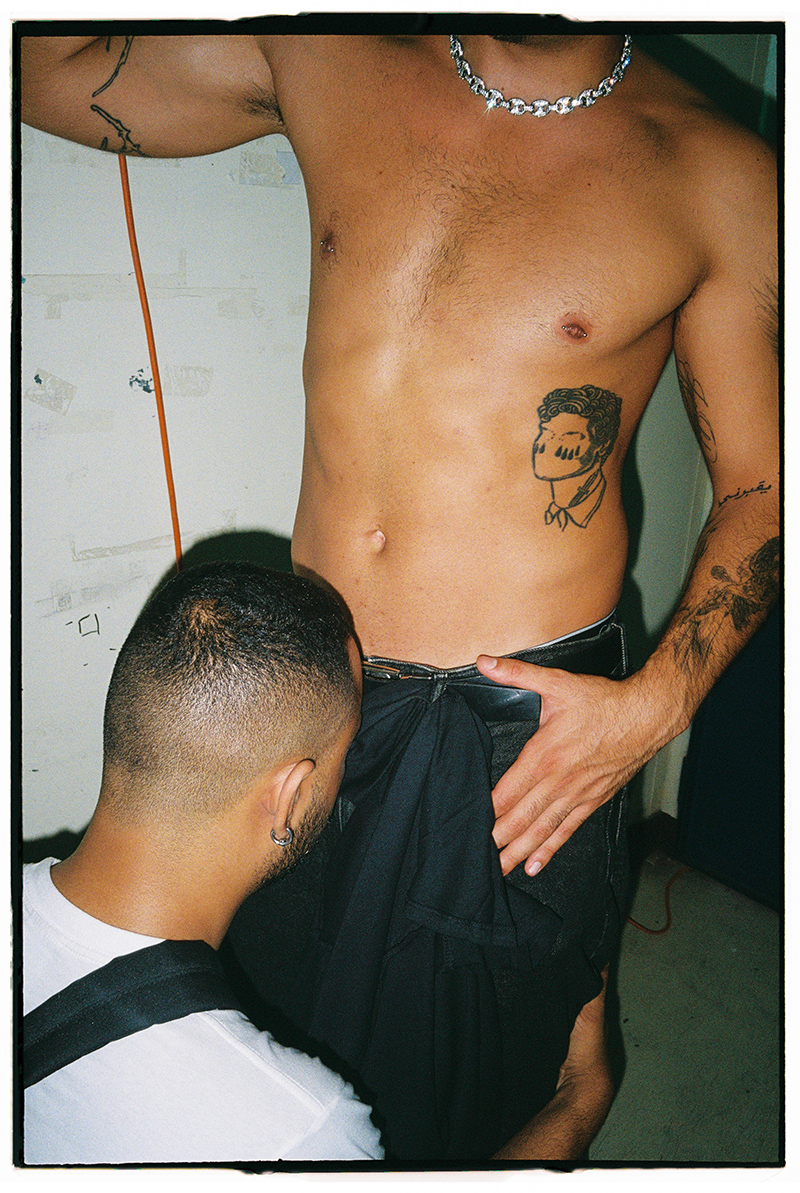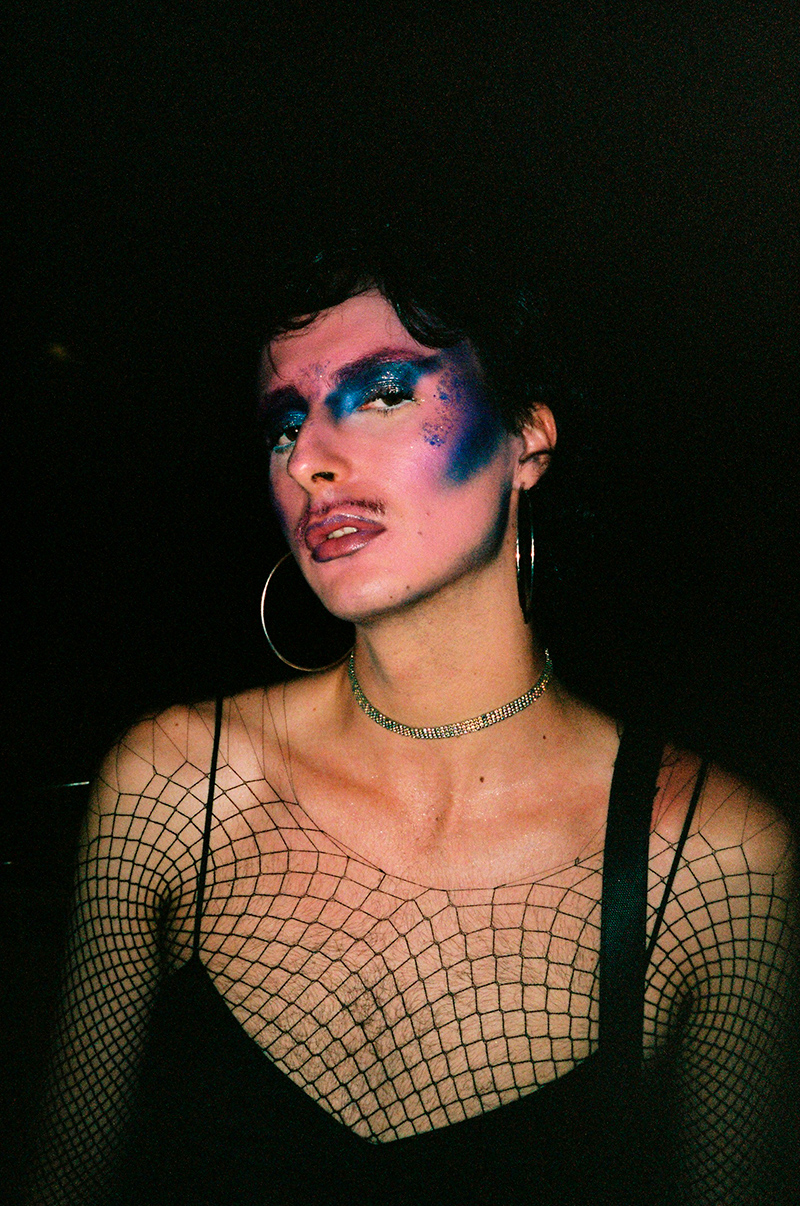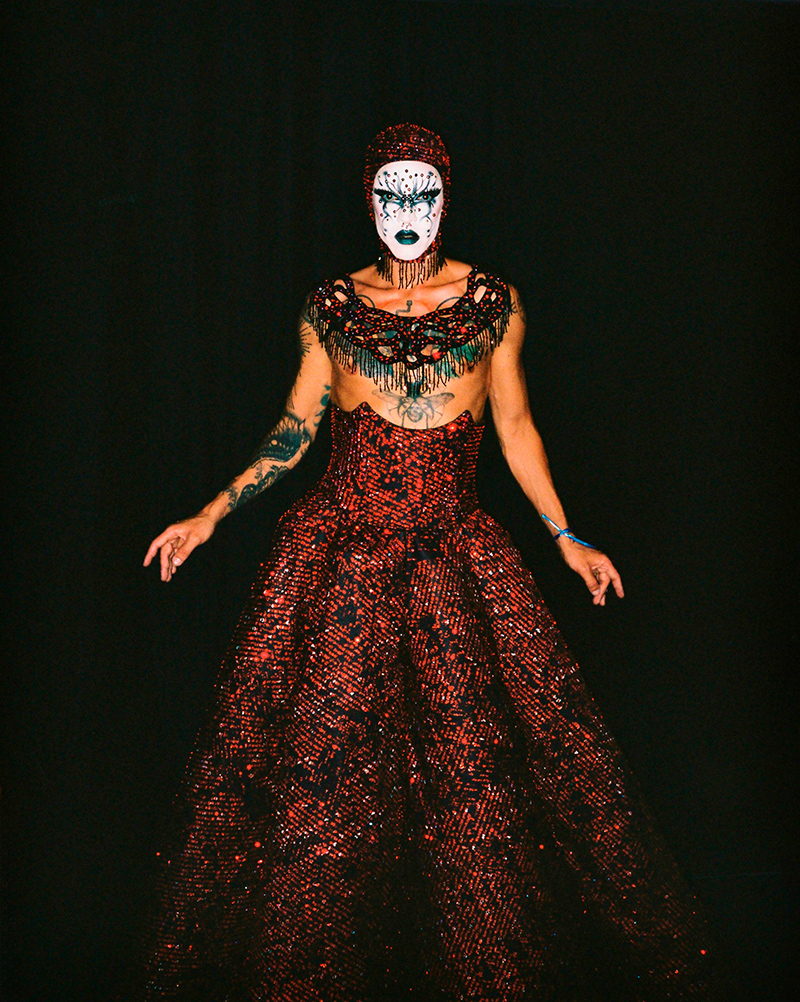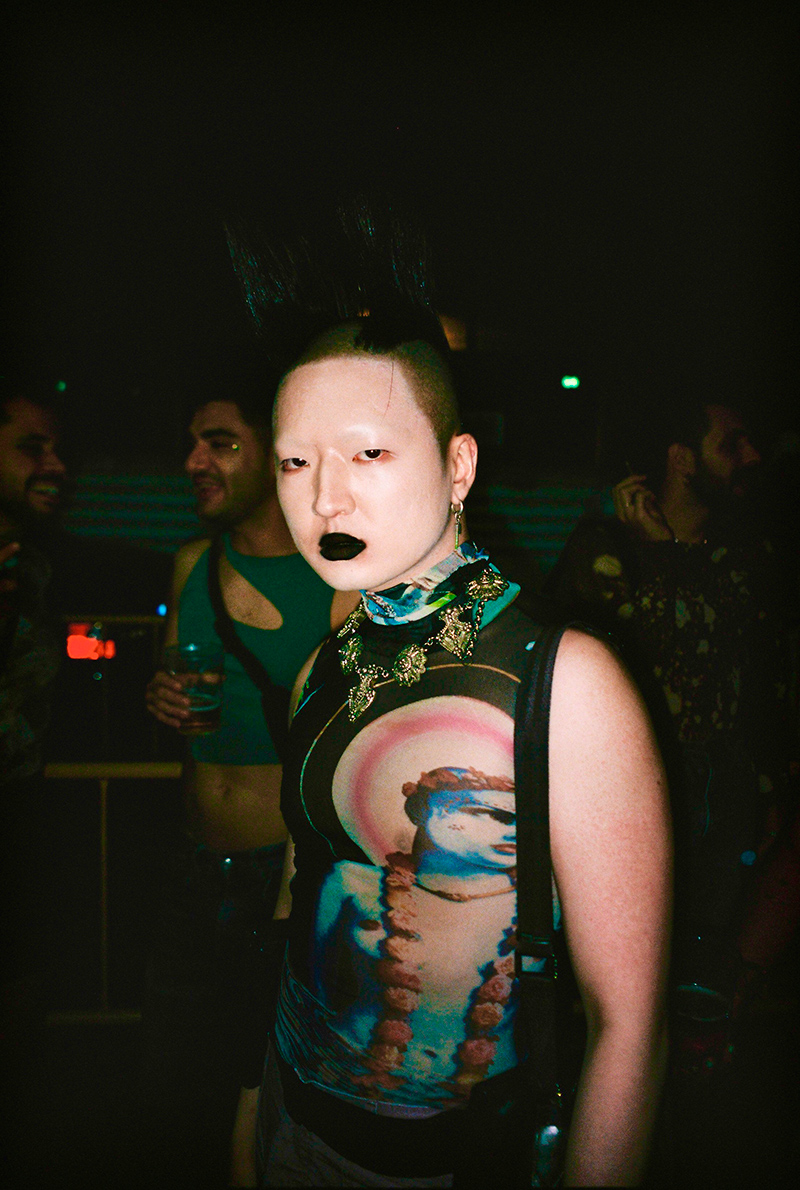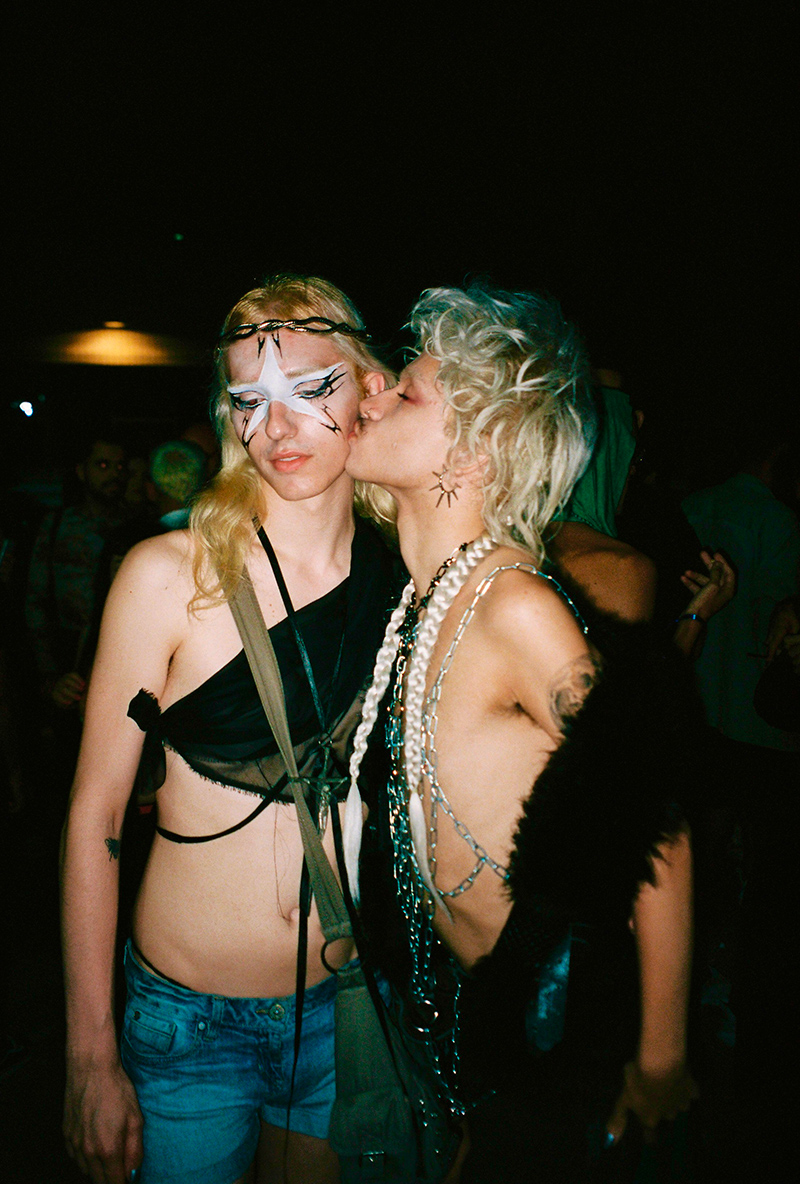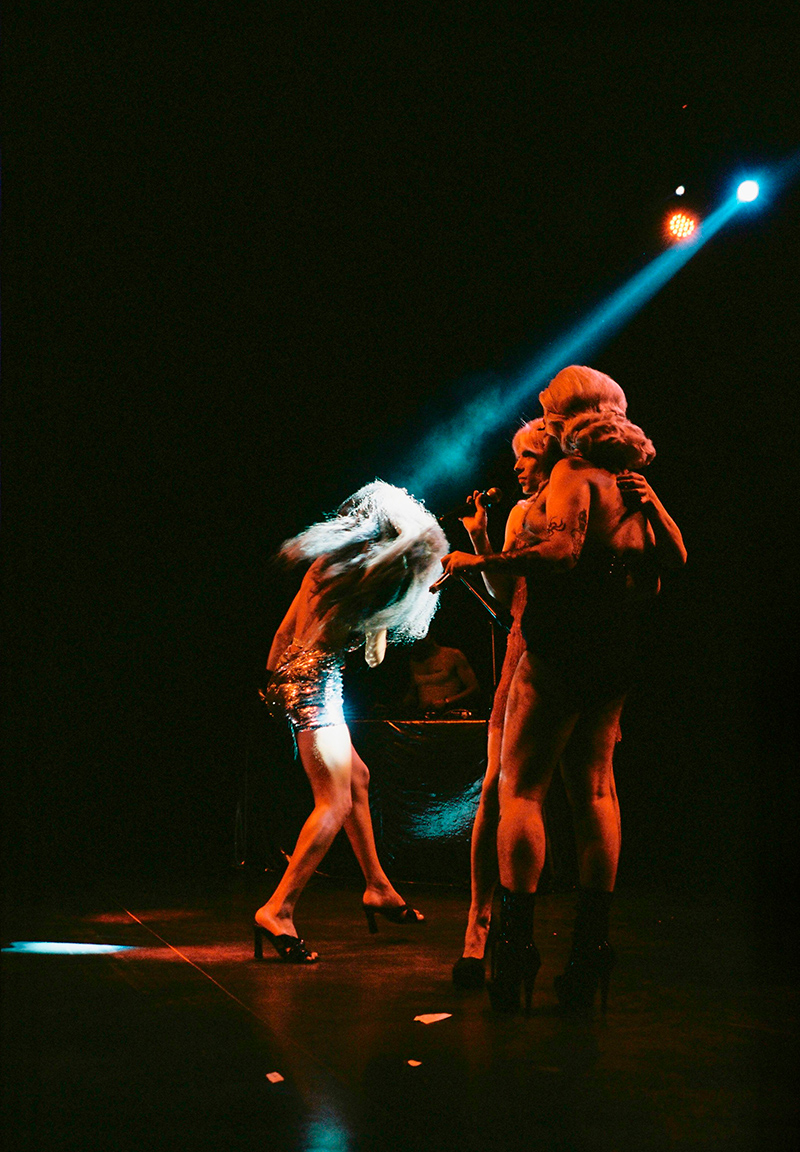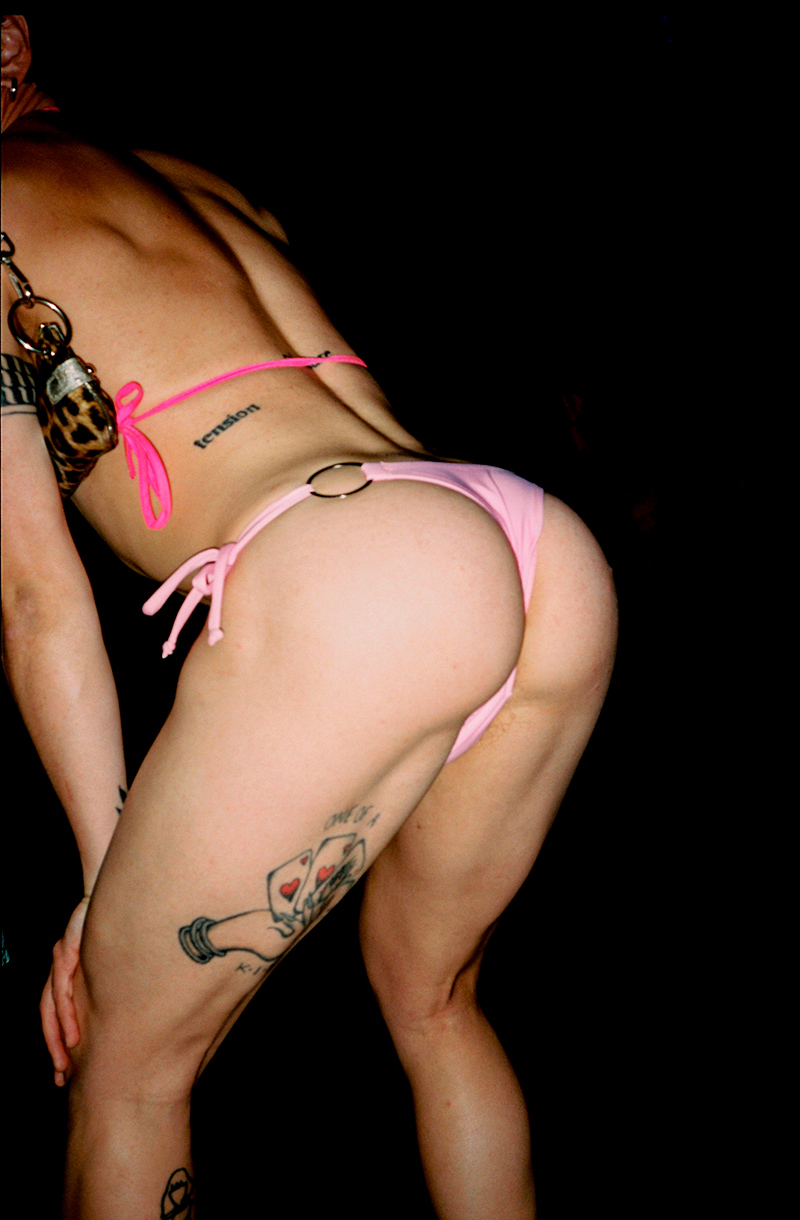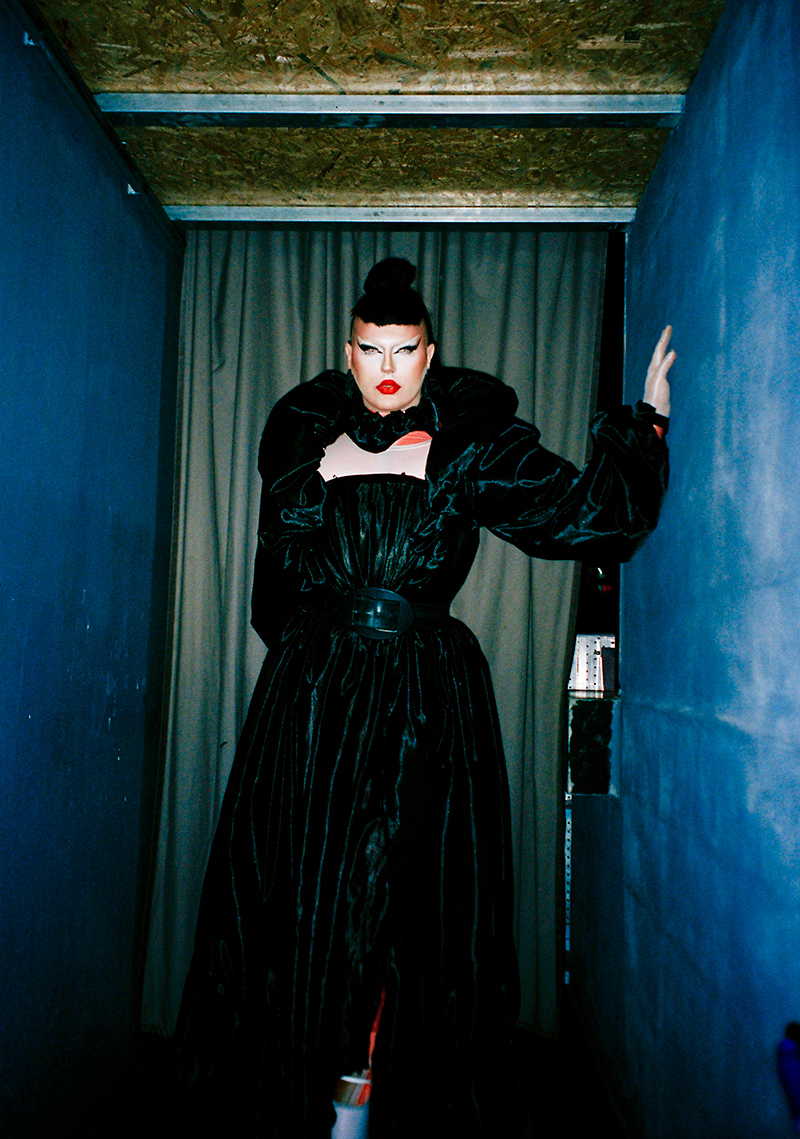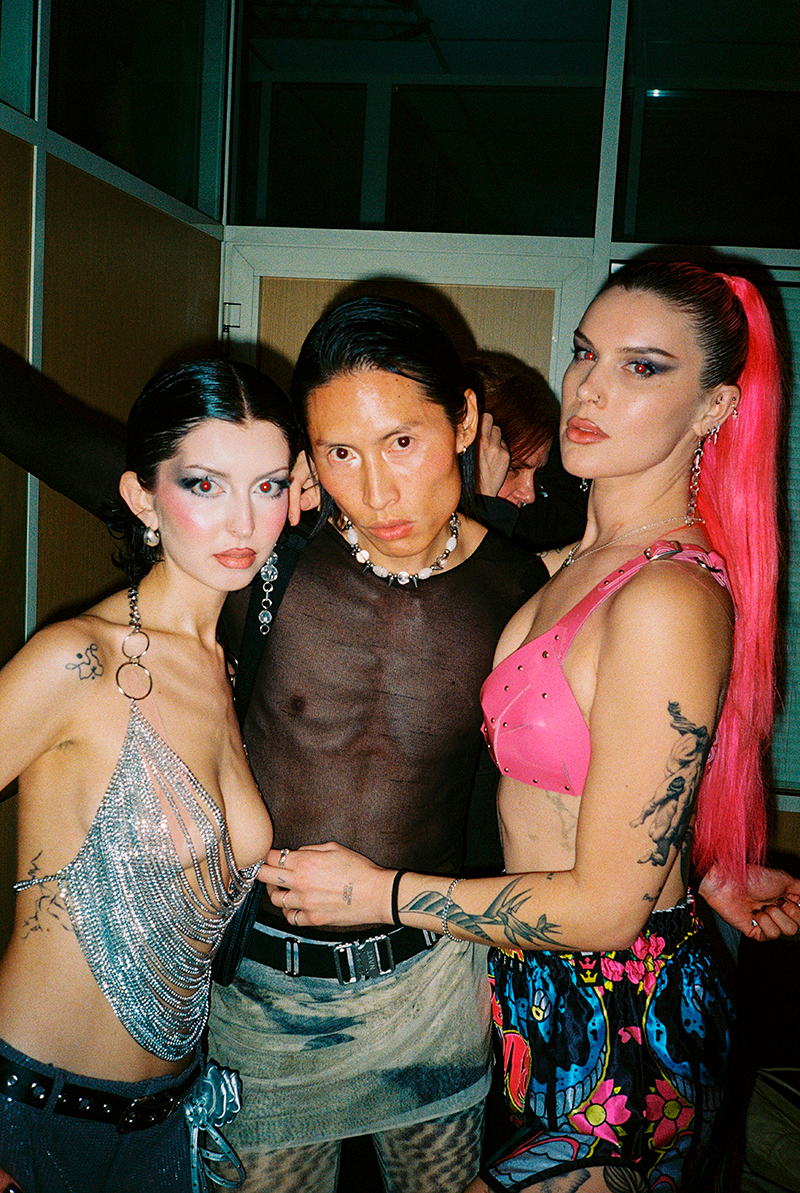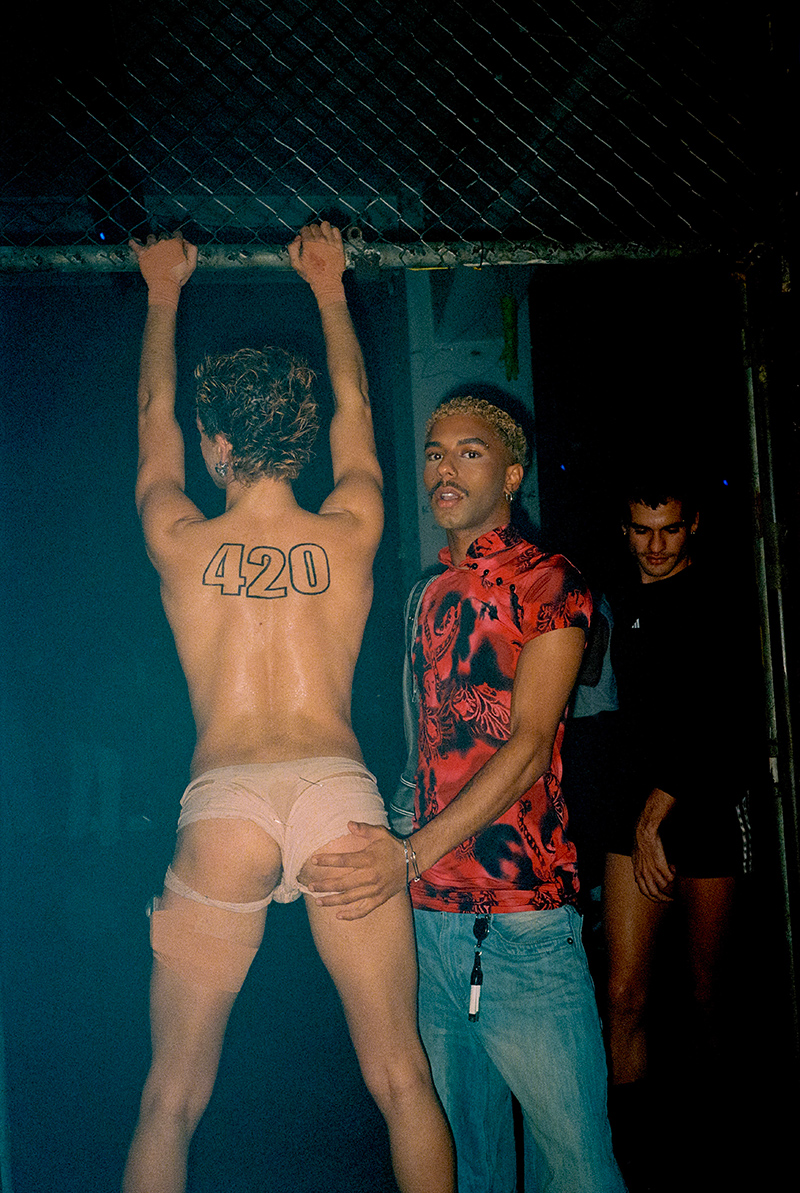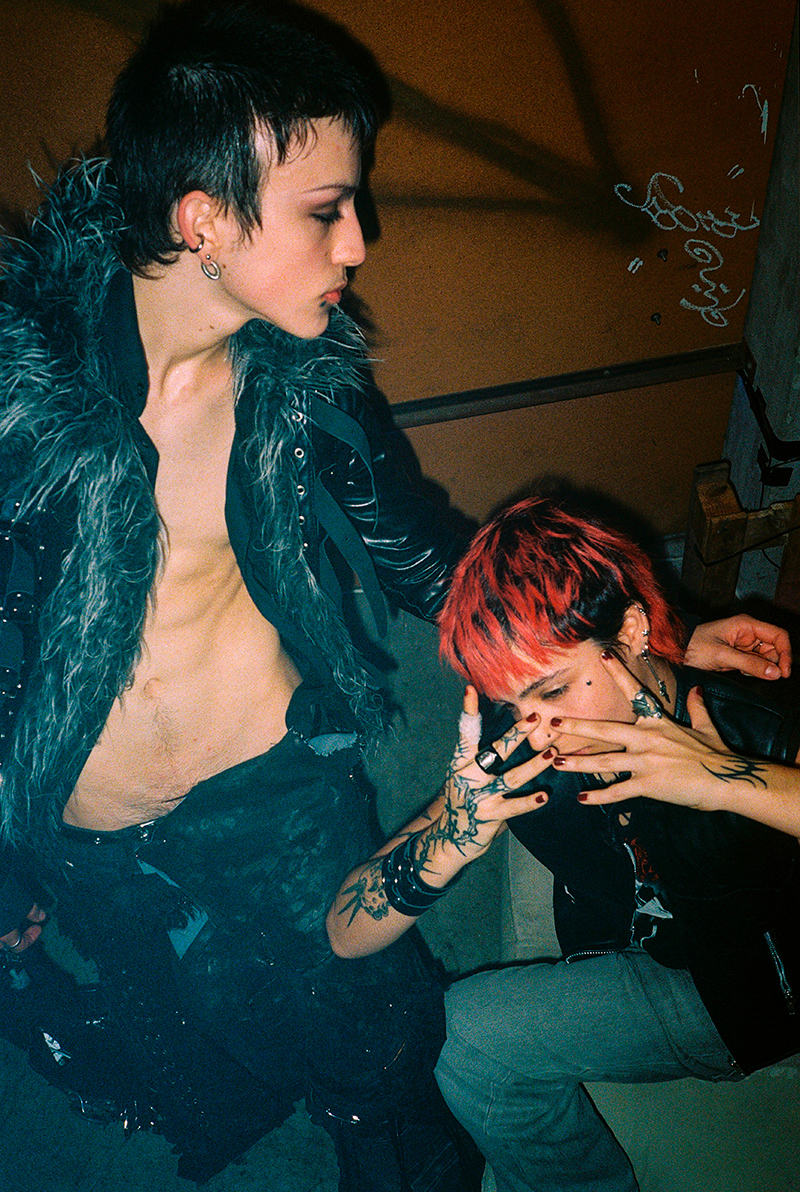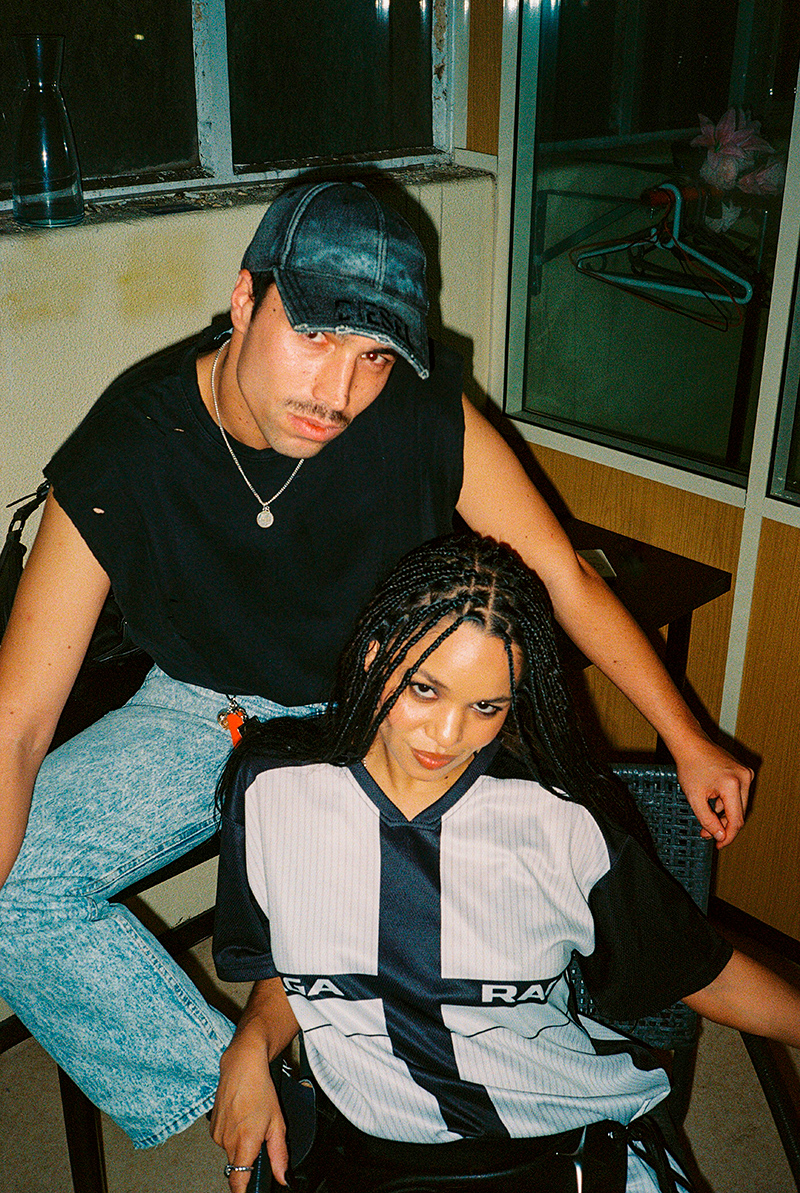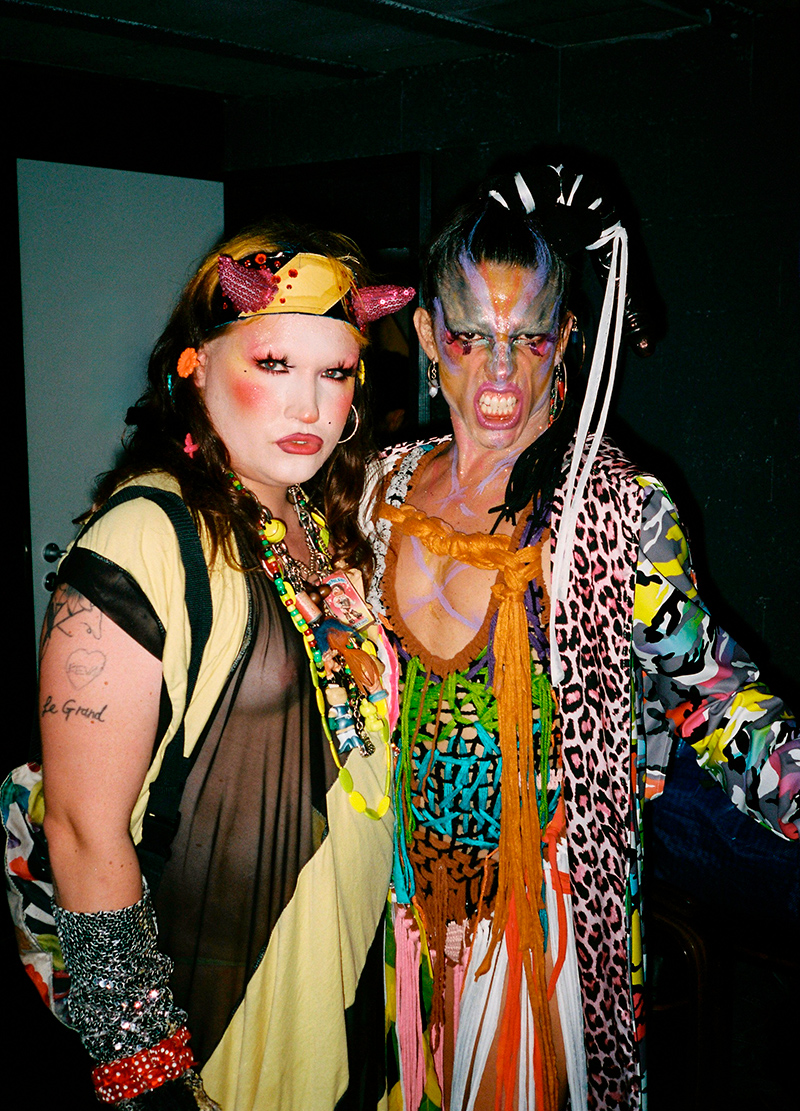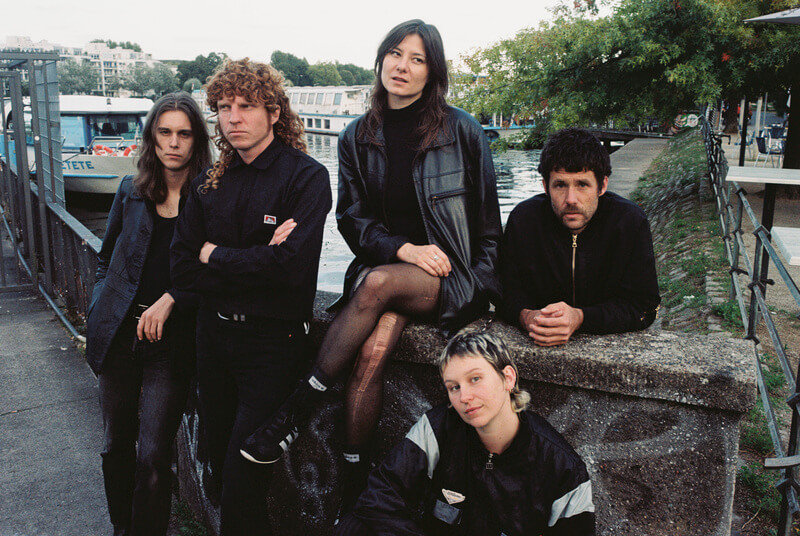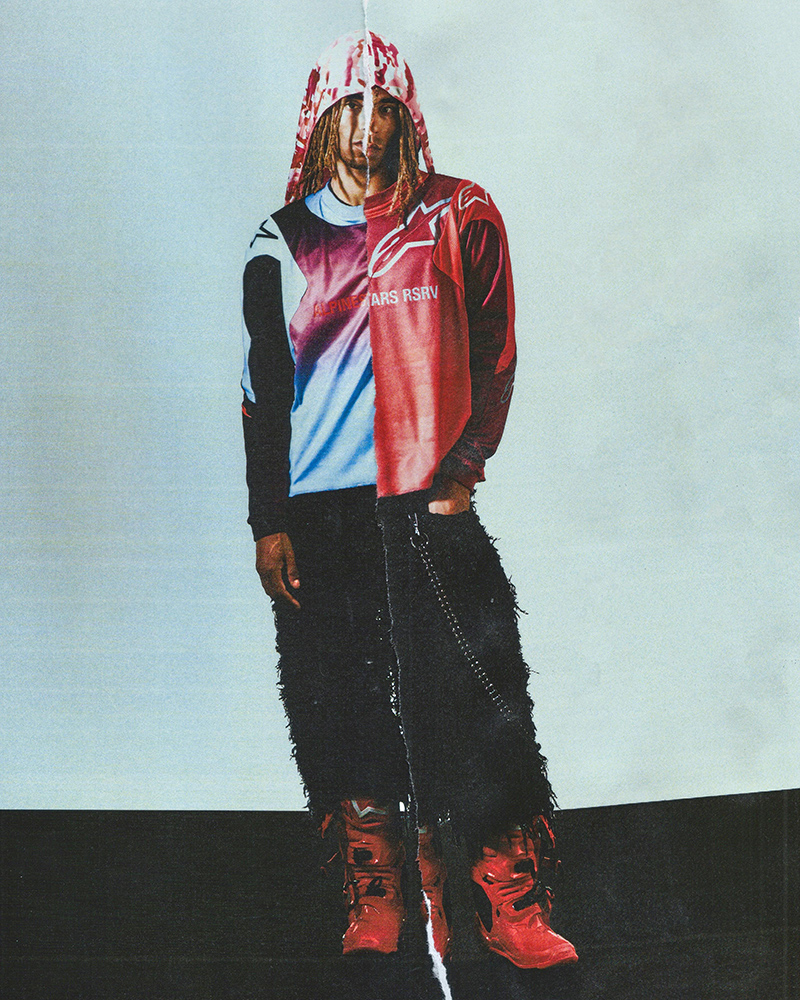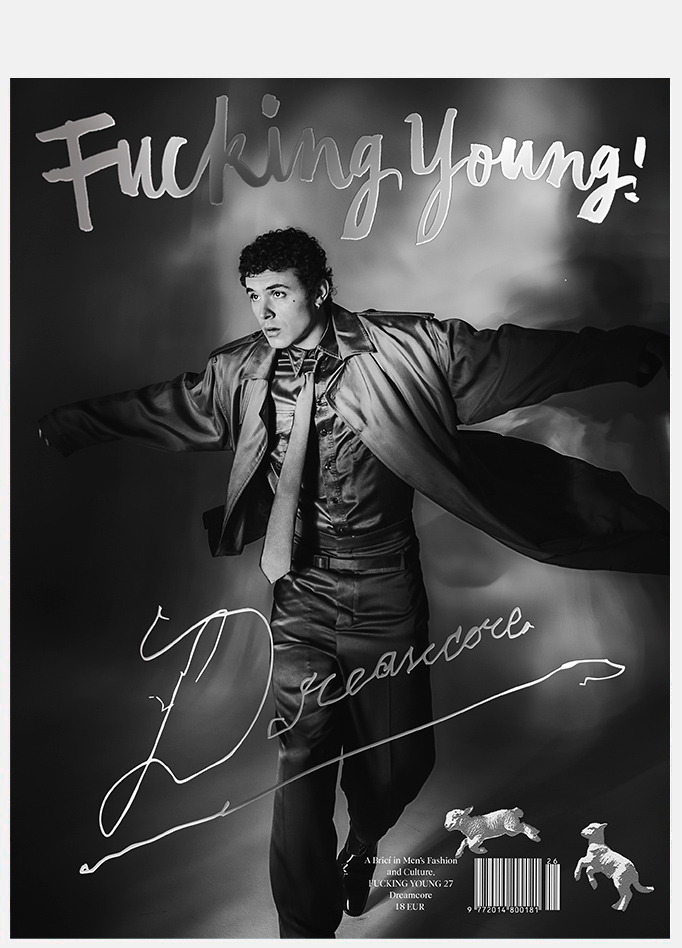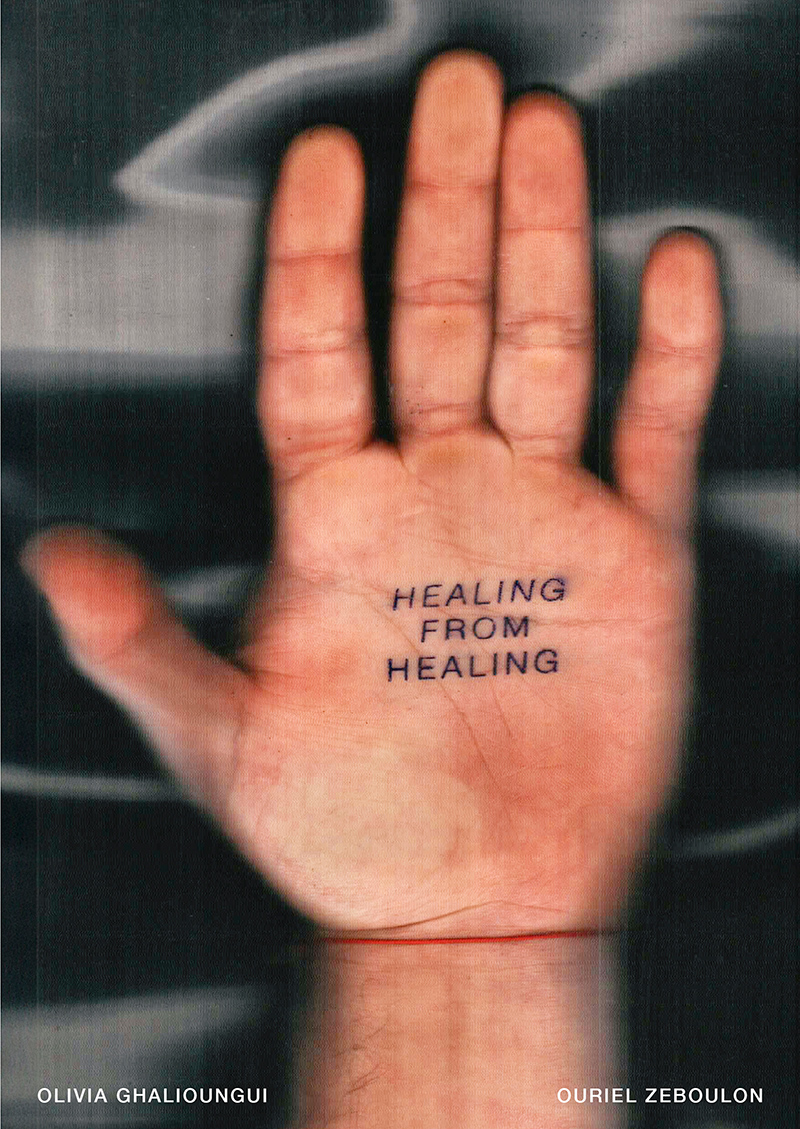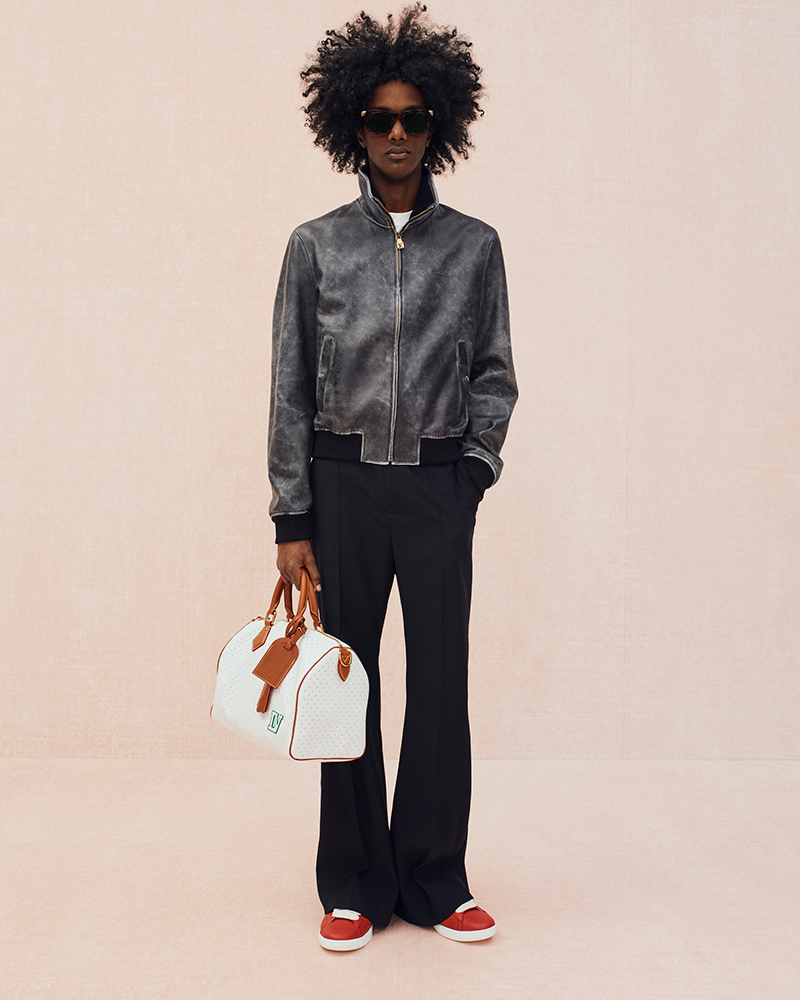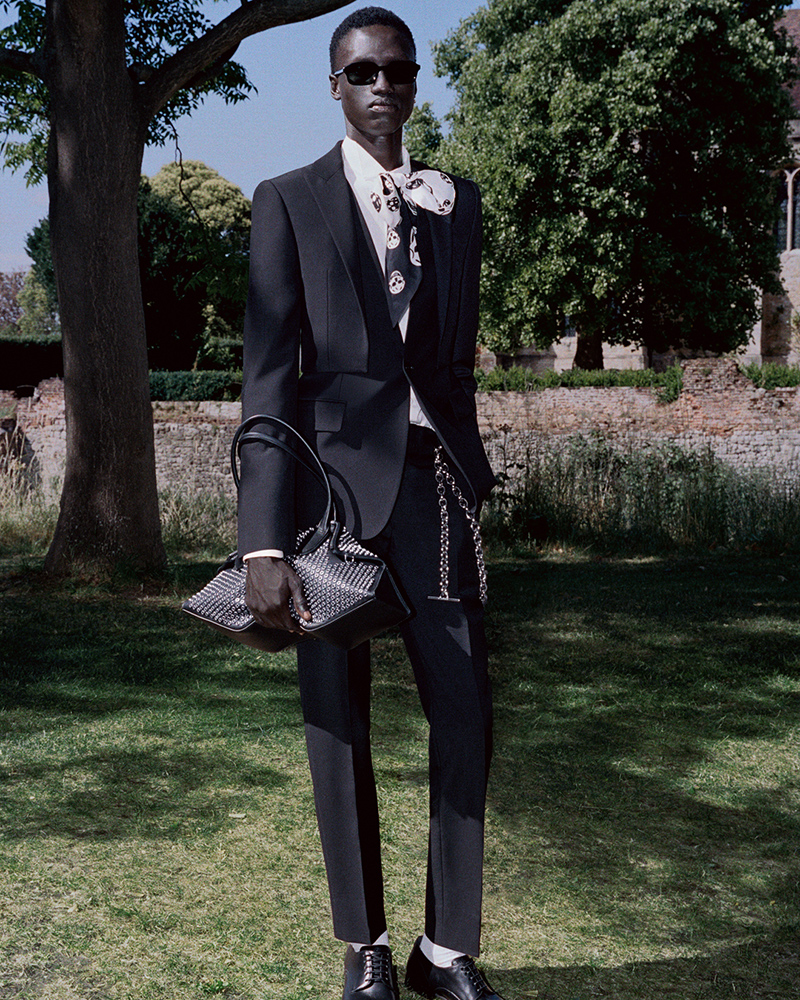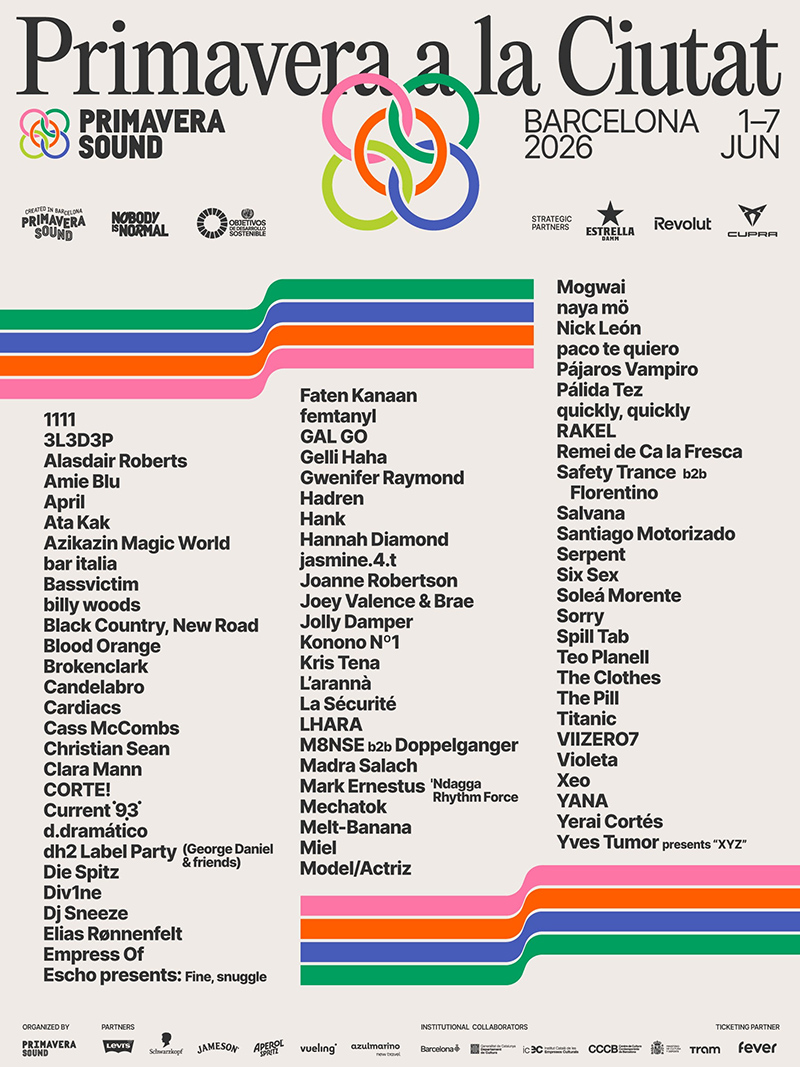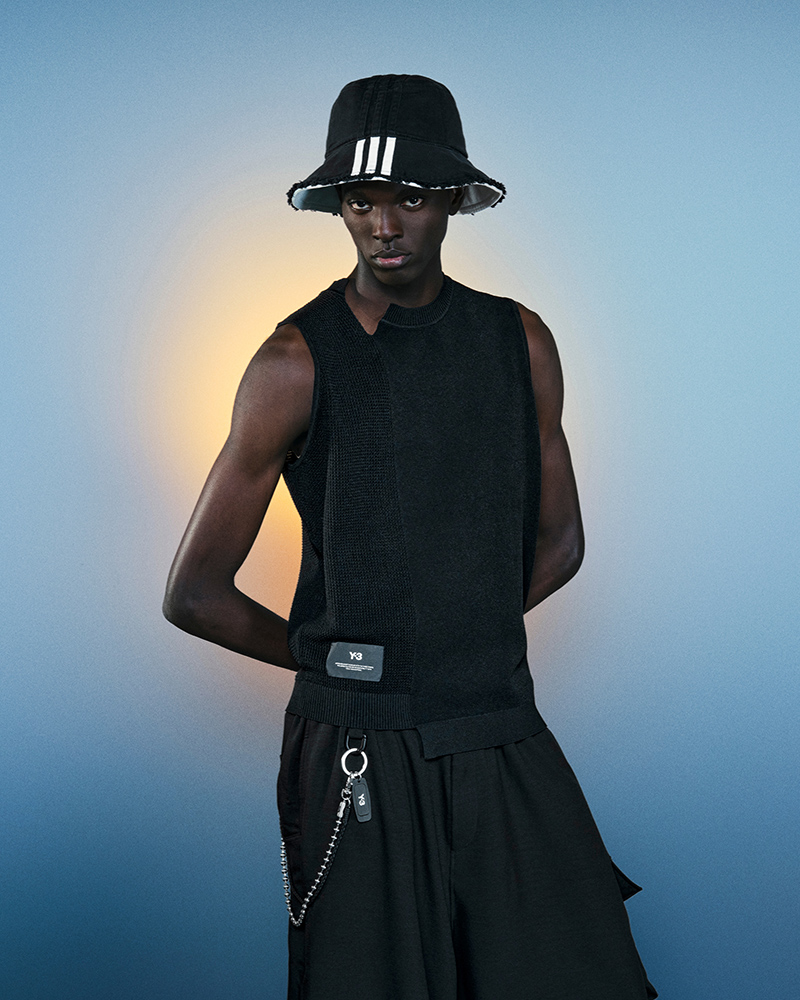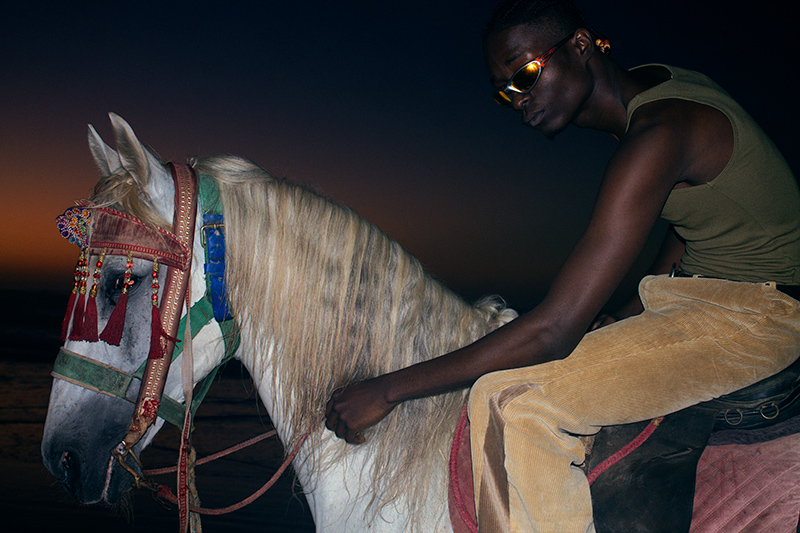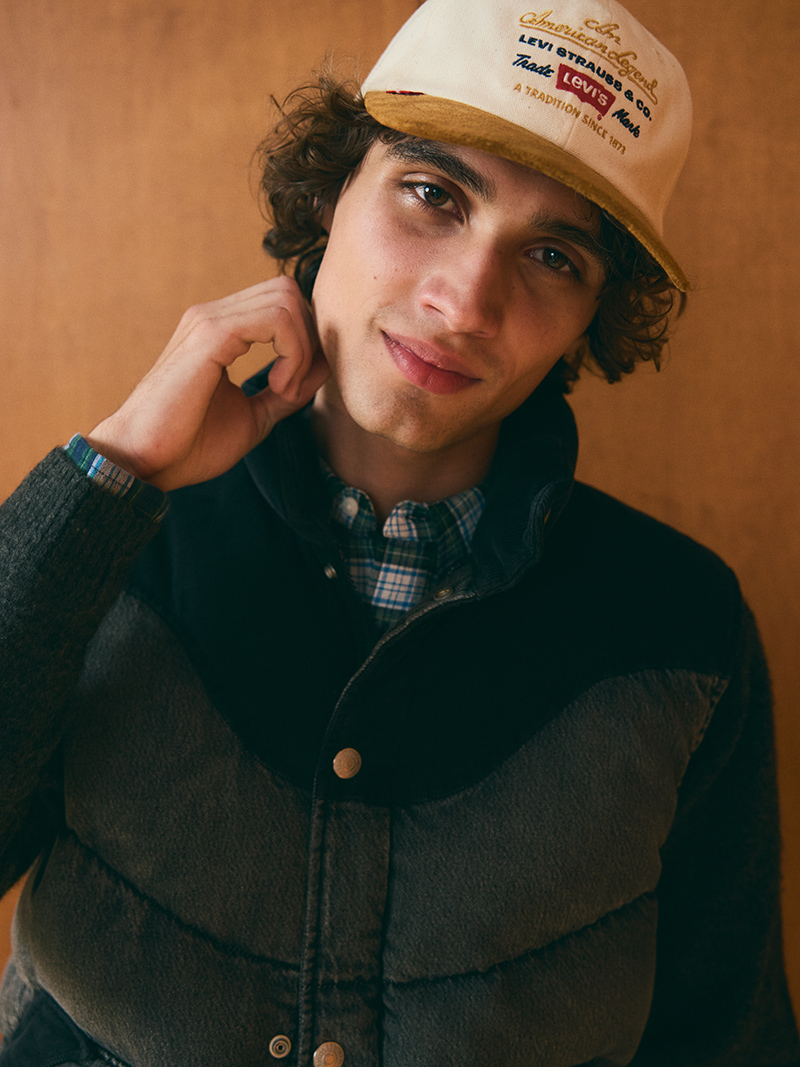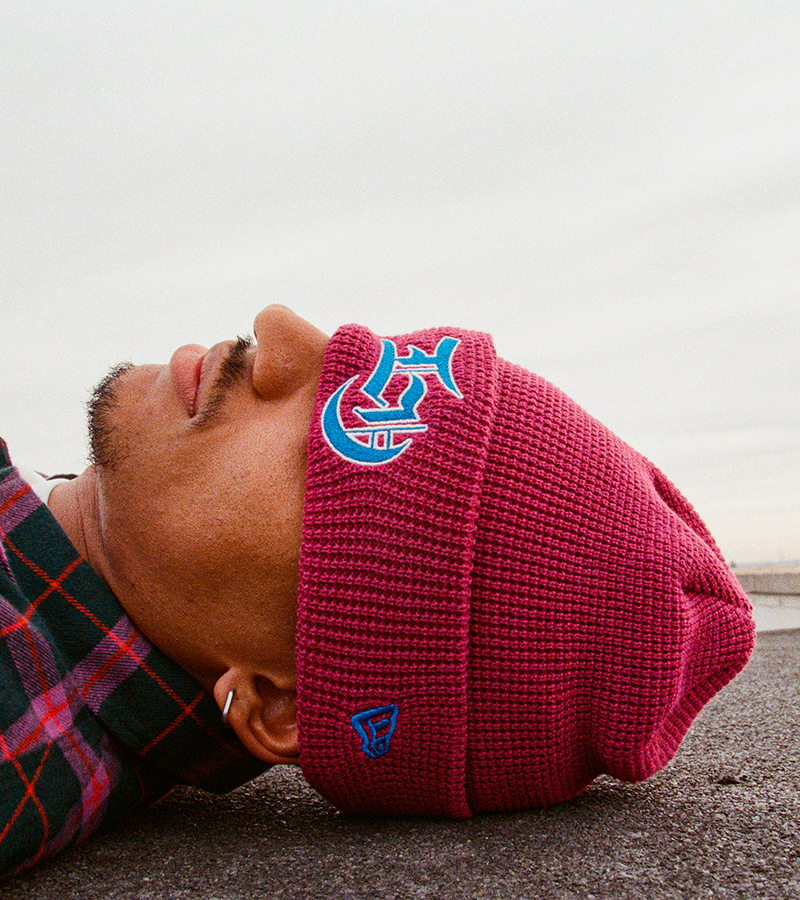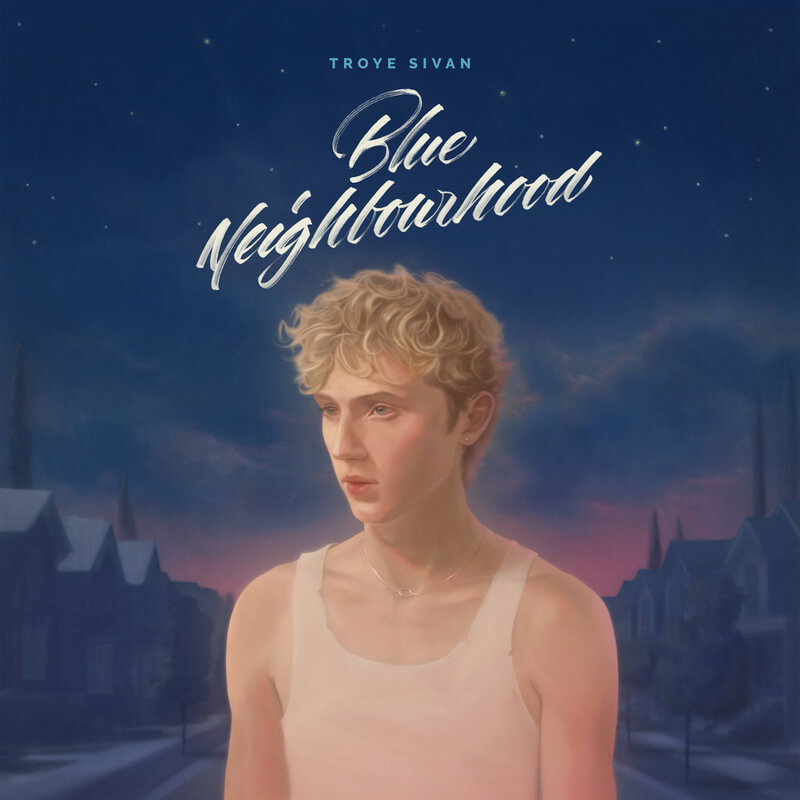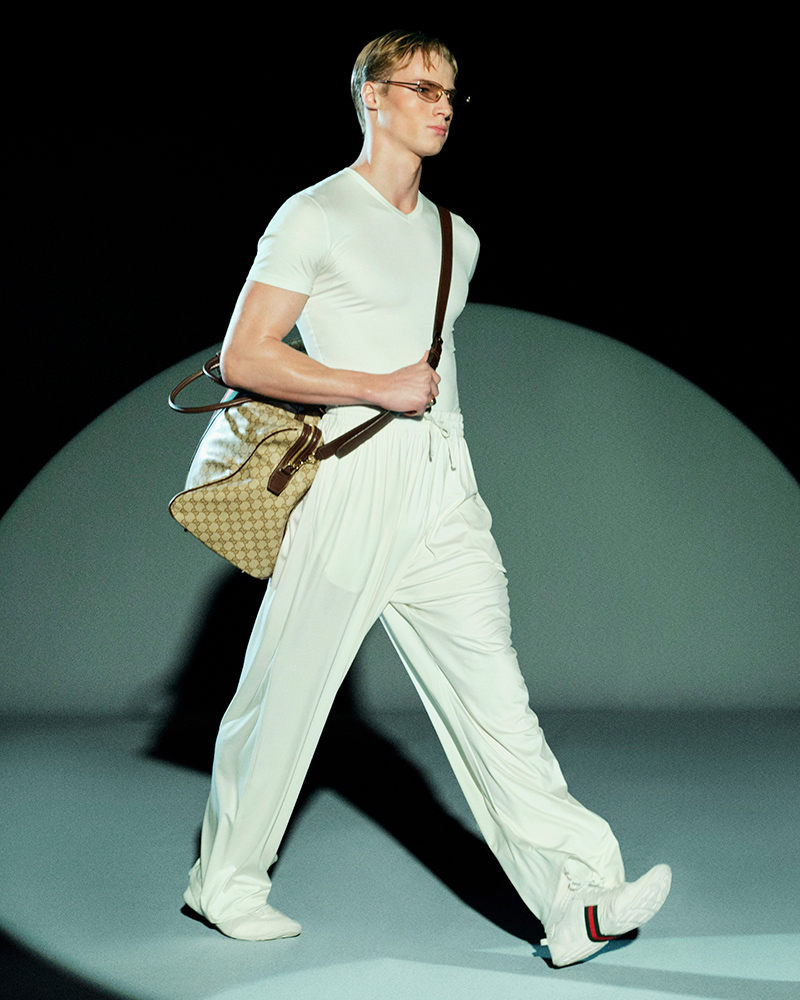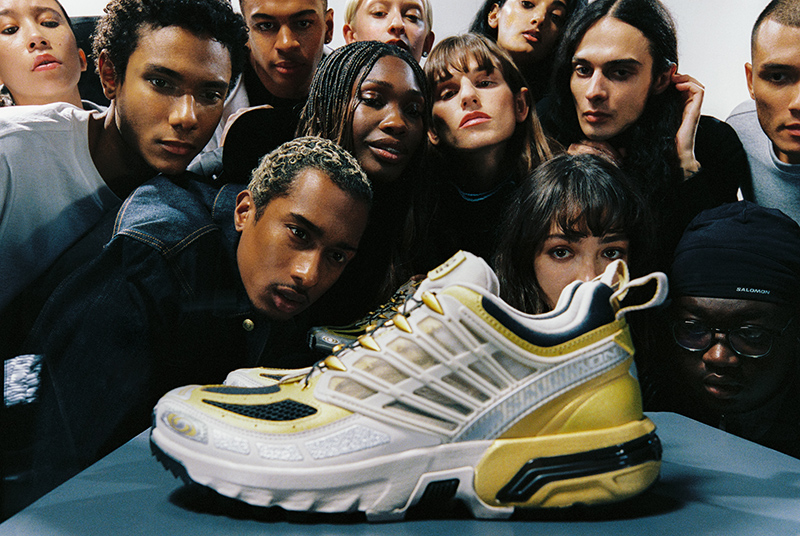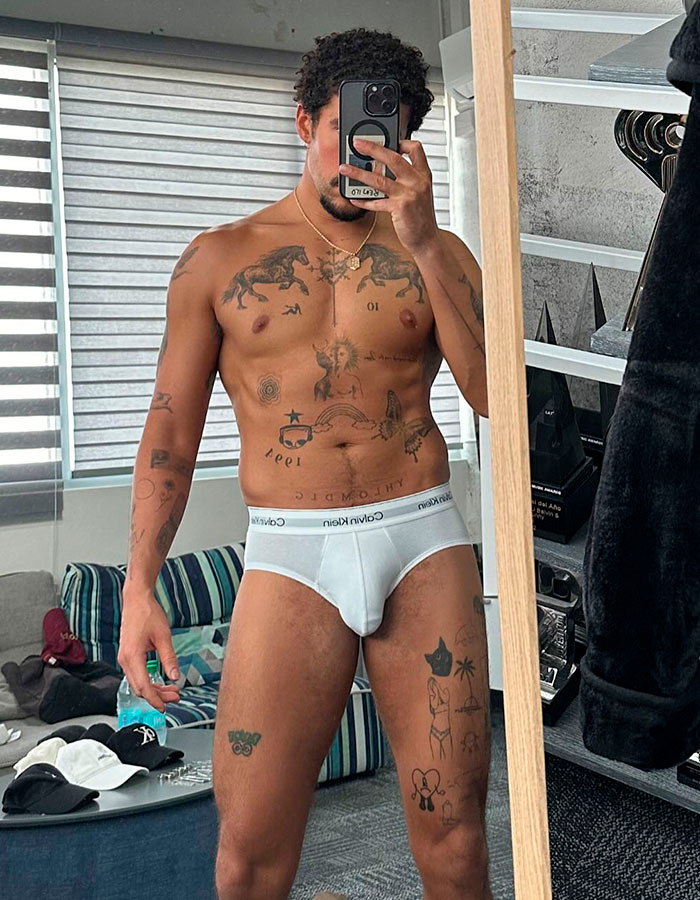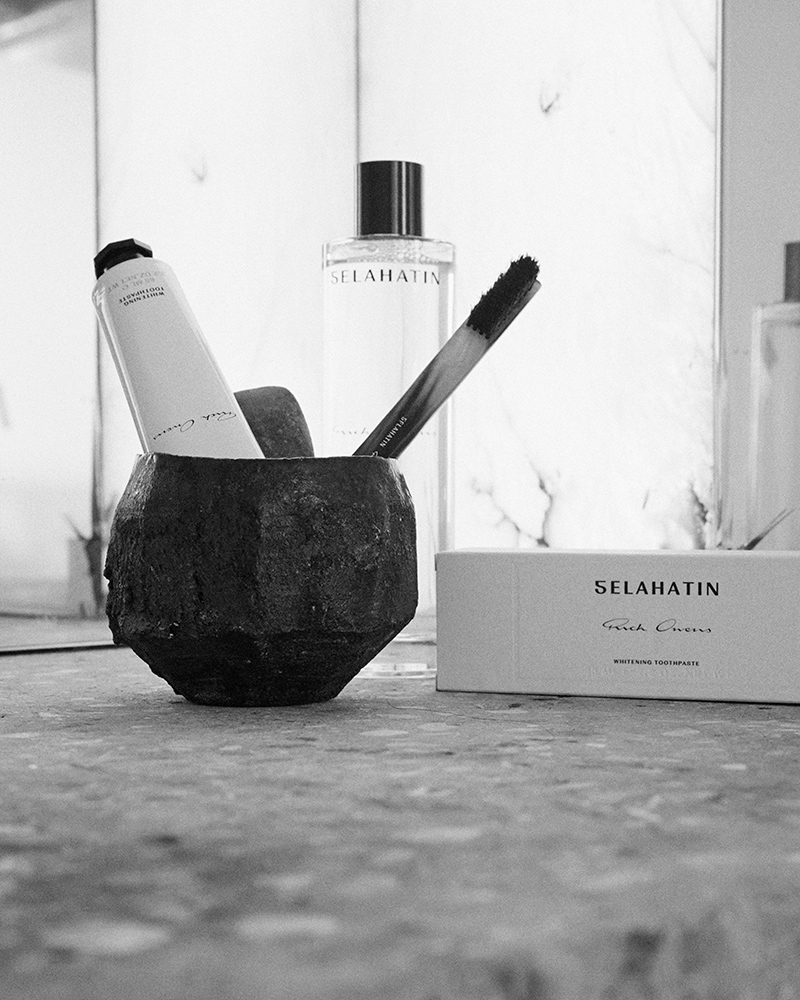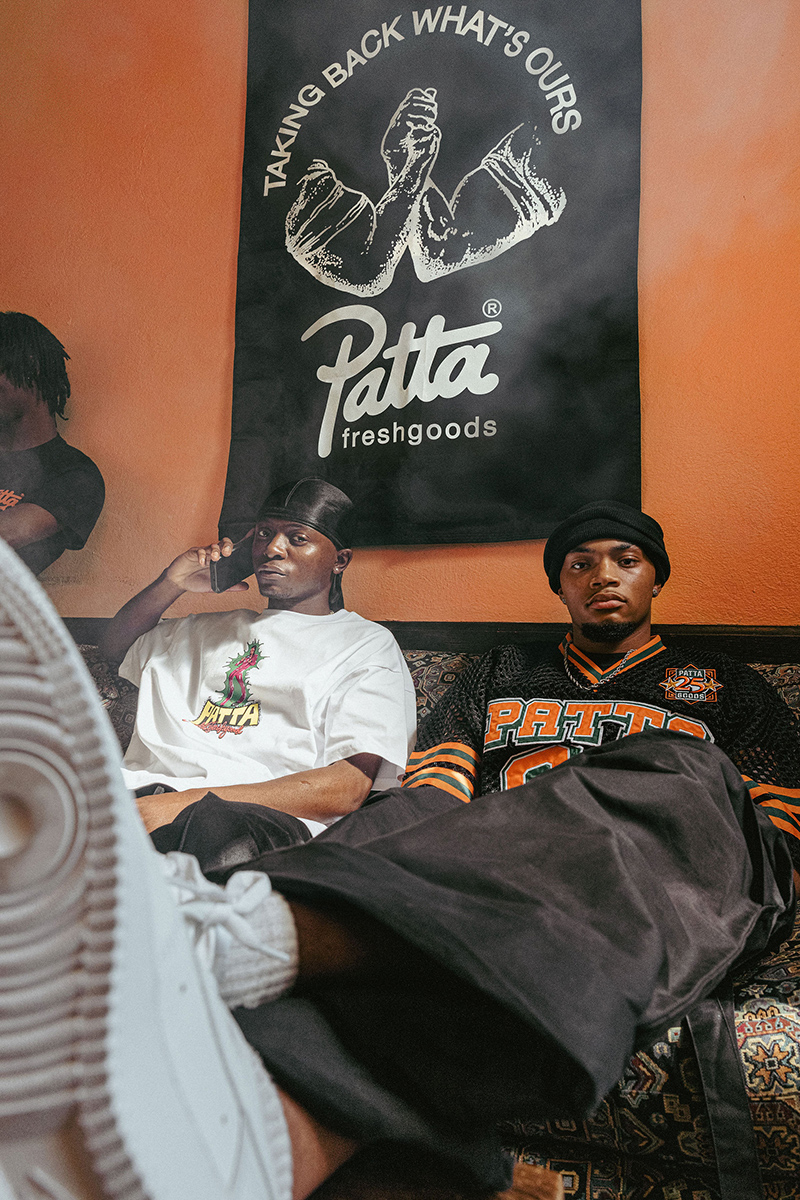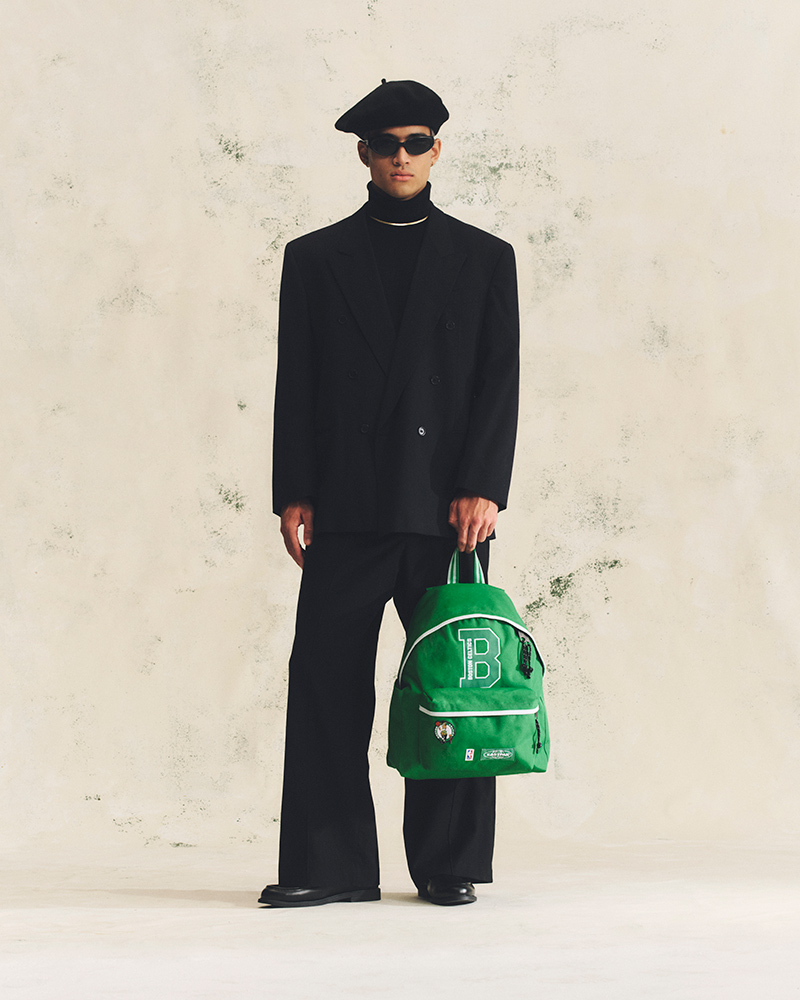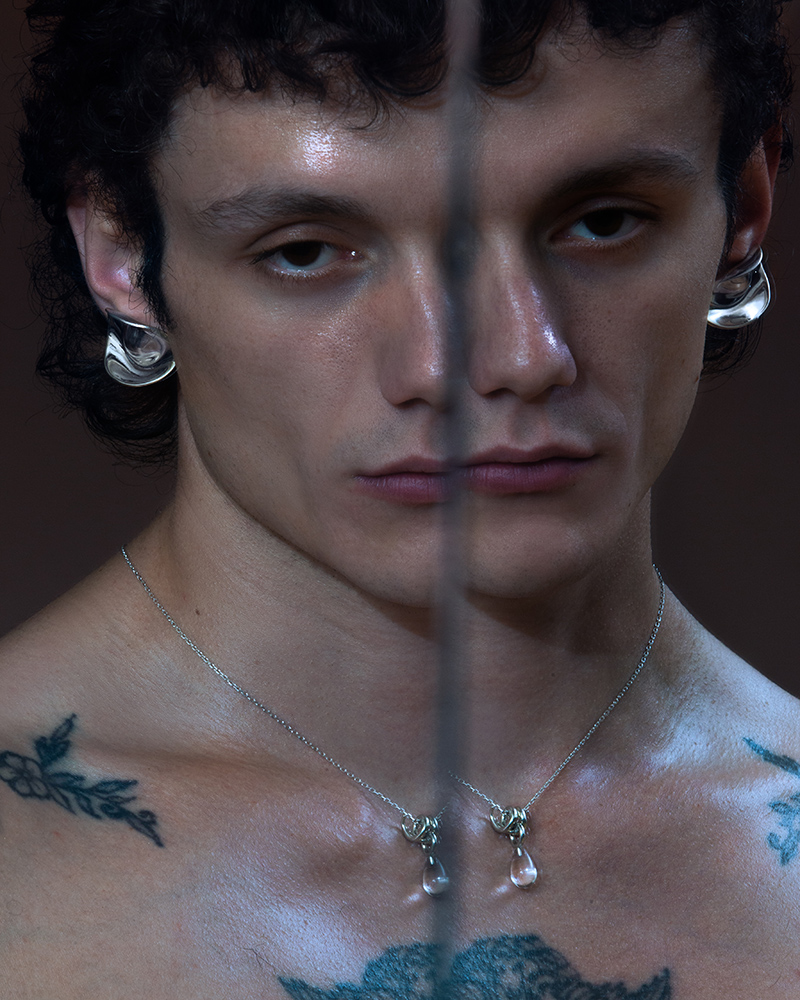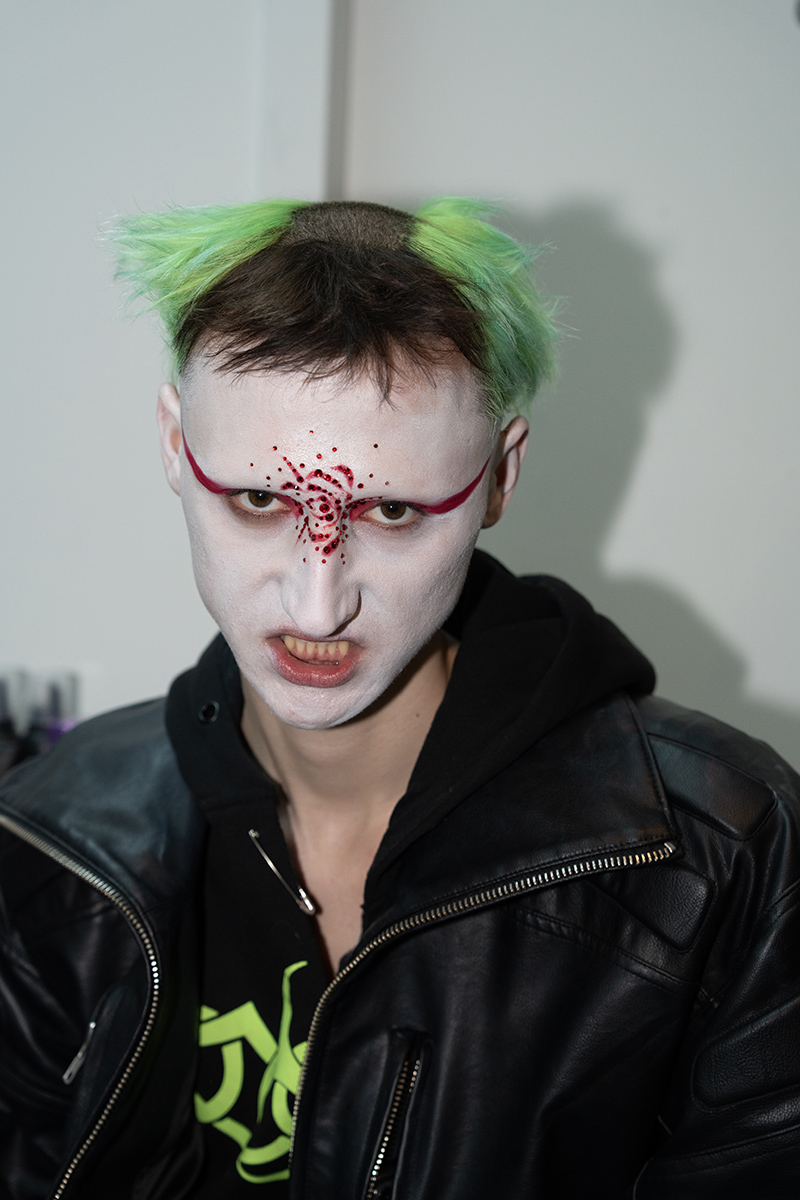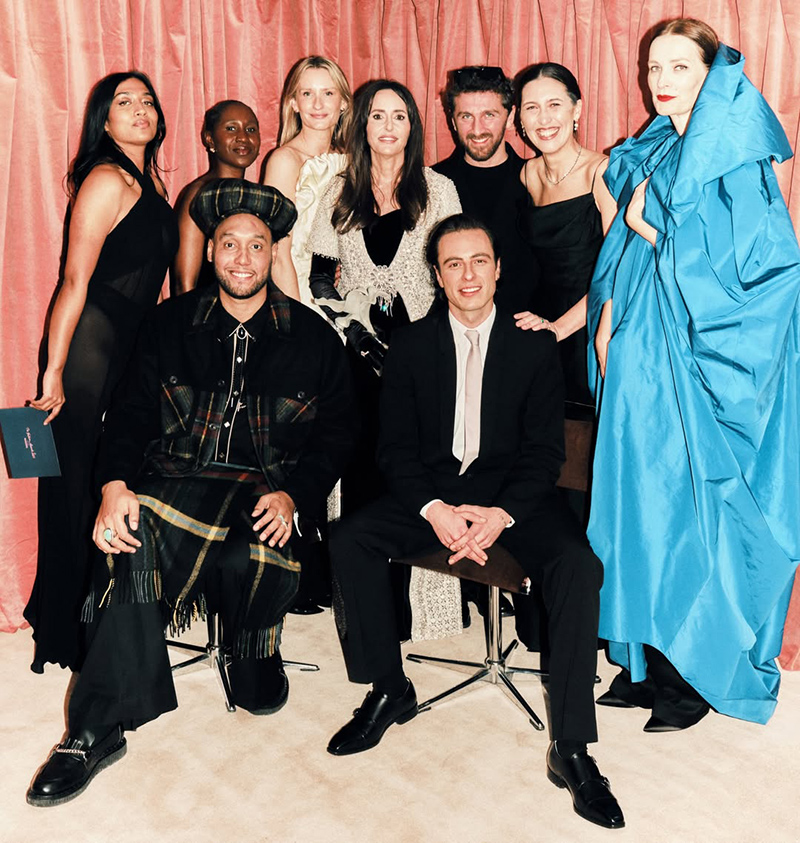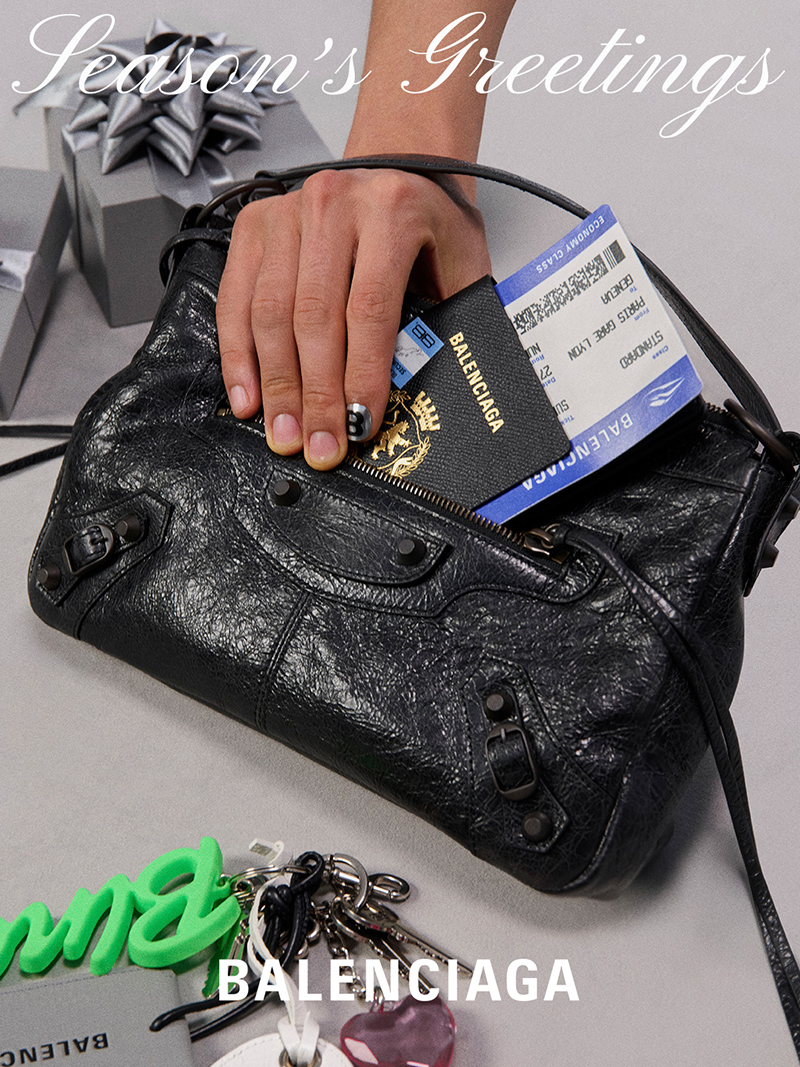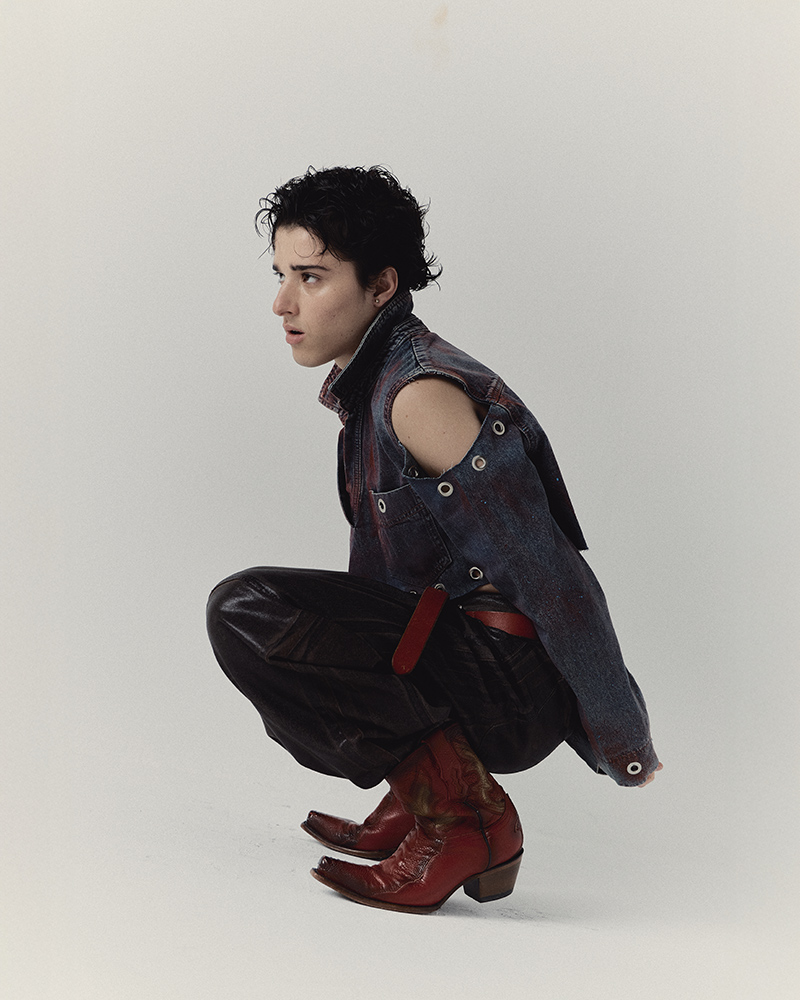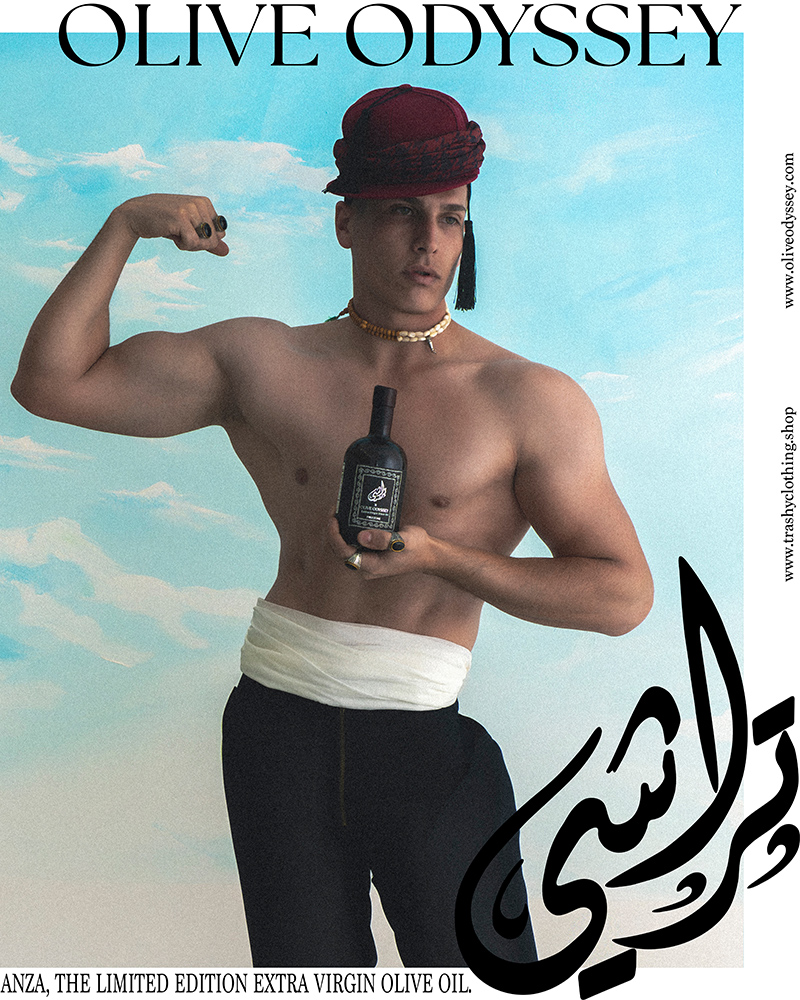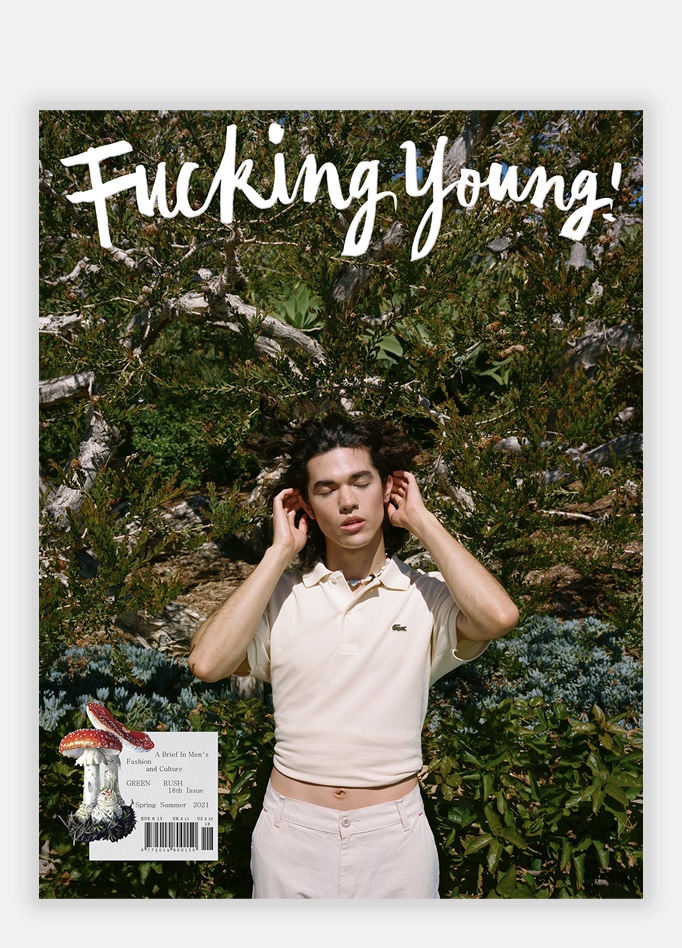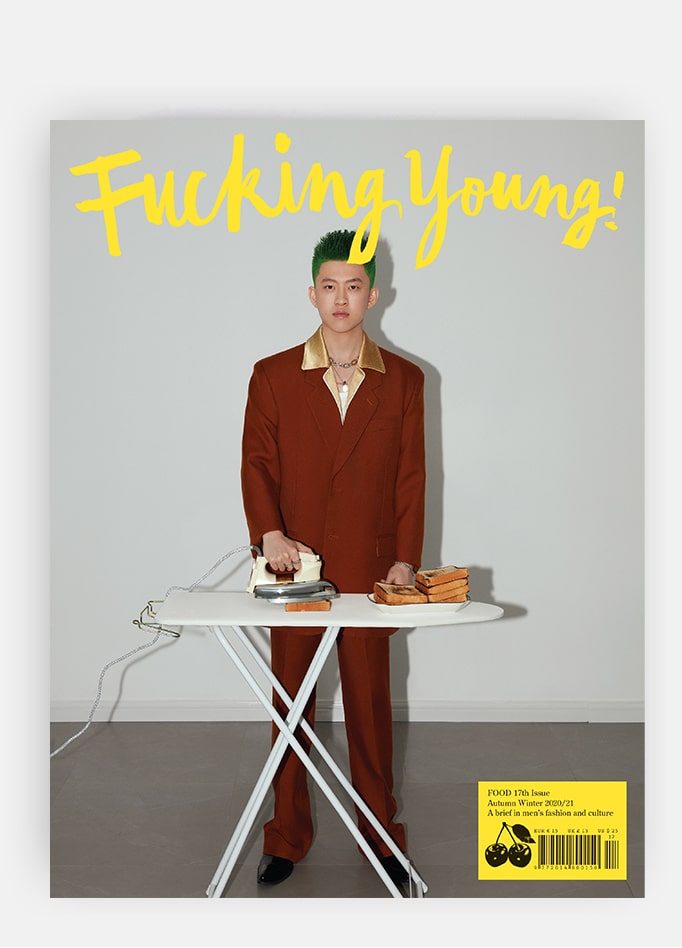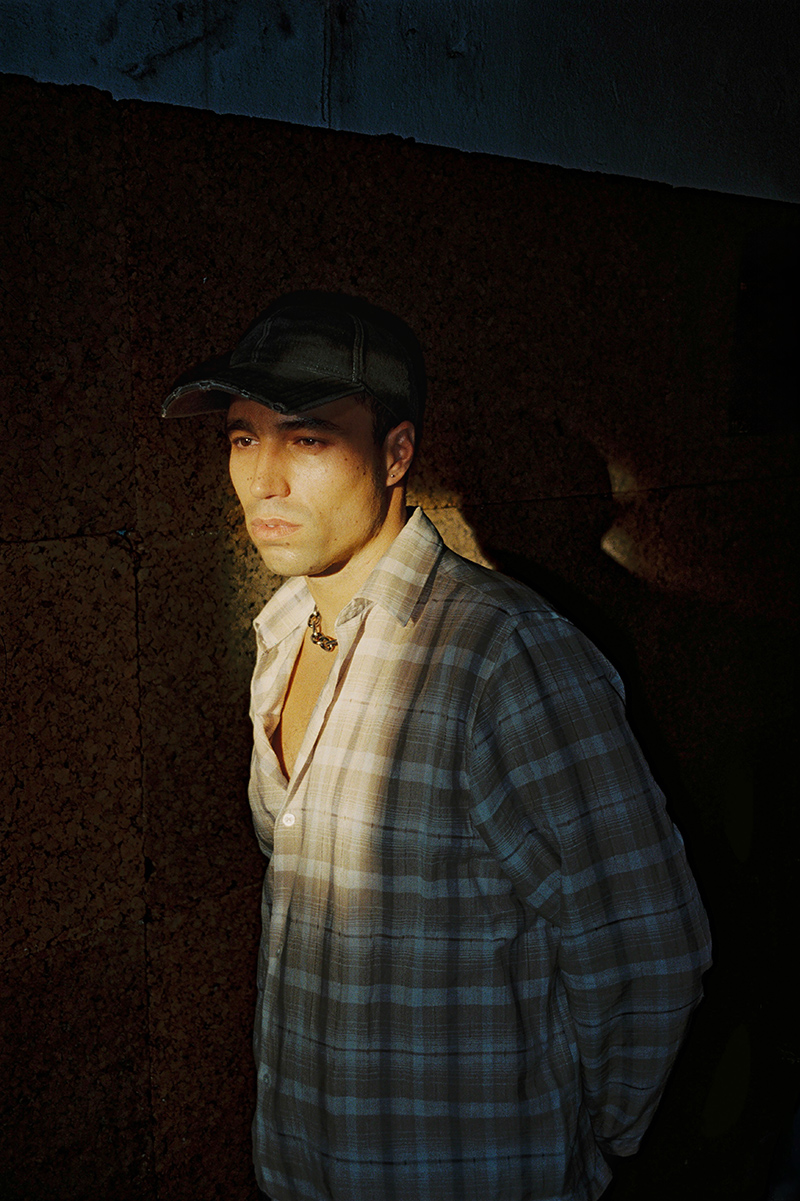
There’s a particular alchemy to the best queer parties, the ones where time warps, strangers become lovers, and someone’s probably dancing half-naked on the bar by 3AM. In Lisbon, ARVI has been conjuring that magic since 2020, carving out a rare space where experimental beats, queer energy, and pure, sweaty chaos collide.
But as the city’s nightlife landscape gets steamrolled by gentrification, with vital spaces like Planeta Manas recently shuttering, parties like ARVI represent something more essential than just a party. Founded by Viegas, a DJ who accidentally stumbled into nightlife while documenting Lisbon’s underground, it has become a lifeline for the city’s LGBTQ+ community. In a time when queer spaces are vanishing, ARVI’s commitment to radical openness (both in sound and spirit) feels like an act of cultural preservation.
We spoke with Viegas about ARVI’s unpredictable energy, the importance of spaces where profit isn’t the point, and what happens when a city loses the venues that make its heart beat.
Who is Viegas?
That’s a tricky one to start with, haha. Viegas is both my stage name and my real name. I suppose it reflects someone who grew up just outside Lisbon, immersed in all kinds of music, with a strong sense of community and a desire to leave a mark on culture by creating spaces where people feel seen and free.
How did you first get into DJing, and what drew you to electronic music?
Honestly, I started DJing kind of by accident. I was deeply involved with underground artistic collectives in the city, mostly doing photography, and one day Marum kindly invited me to play at the mythical Rabbit Hole parties. From there, things just unfolded naturally.
Who or what are your biggest influences, both musically and culturally?
That’s hard to pin down, but I’ve always been drawn to peripheral and collective cultural movements. Growing up in a suburban city shaped by both a legacy of heavy industry and a rich multicultural present gave me a strong connection to DIY culture. At the same time, I was an alternative kid through and through, which opened my ears to experimentation.
What was the initial vision behind ARVI, and how has it evolved since 2020?
ARVI came from a desire to create a space where diverse sonic palettes could coexist, inspired by scenes where nightlife was playful, not just in terms of looks, but also in how people engaged with music. From the start, it was also a platform for queer talent, regardless of experience, across music and other creative fields. Also, I must mention that I invited Glabra to join me right before the first event, and they’ve been working with me since day one. I guess I was very lucky with this person, because they’ve been consistently reliable and a major creative force, and I still feel super thrilled working with them every time. So, without Glabra, ARVI would definitely look like something completely different. ARVI’s evolution is not only the result of my initial ideas but also the growth of our working relationship.
What makes an ARVI party different from other underground events in Lisbon?
I think ARVI’s biggest strength is its openness. We don’t stick to one genre or aesthetic, which gives us the freedom to book artists and music we genuinely admire, without worrying about labels or trends.
How do you select artists and performers for ARVI? Is there a particular energy or message you look for?
One of my main priorities is to make space for LGBTQ+ artists to express themselves. I’m also very focused on building bridges between sometimes fragmented parts of the queer community, bringing them together in one shared space.
What’s the wildest thing you’ve seen happen on an ARVI dancefloor?
Some of the Bushwig performances were truly wild! Nobody will forget 420 Bombshell riding a massive dick to a remix of Satisfaction by Benny Benassi, throwing flour everywhere and shooting water at the crowd, or Pauli Cakes dropping “Apita o Comboio” in a hard techno version.
What’s the most unexpected place you’ve Shazam’d a song and thought, “This has to go in my next set”?
Haha, great question. I remember being at the 25th of April celebrations when this hauntingly beautiful choral piece came on. It turned out to be “Acordai” by Fernando Lopes-Graça, performed by Coro de Câmara Lisboa Cantat. I haven’t found the right moment to play it yet, but it would make a powerful set opener.
What’s the most “WTF?” request you’ve ever gotten during a set? (And did you play it? Be honest.)
Someone once asked me to play Wonderwall by Oasis. Absolutely not!
Your last ARVI was at Planeta Manas, a now-closed queer association. What made that space special for Lisbon’s LGBTQ+ community?
First of all, it was a joint event with XCAKES, a collective founded by my friend Pauli Cakes, and, who’s doing incredible work in the spirit of the NYC underground, organizing raves and events, often just to raise funds for a cause. Now Back to Planeta Manas. It was a rare gem where profit wasn’t the driving force. There was a genuine sense of community and freedom. It offered people a chance to play, to explore themselves and others in a cozy and safe environment. It also directly supported the community by creating jobs, and not just for DJs, but across the team.
How did the energy of Planeta Manas influence the vibe of that final ARVI party?
For me, Planeta Manas will always feel like home. The people who ran it are the ones I started my nightlife journey with, so it felt always like returning to a space that’s familiar and nurturing. That freedom I mentioned earlier brought the party closer to the kind of utopia we dream of when we think about raves.
With the loss of spaces like Planeta Manas, what do you think is at risk for Lisbon’s queer nightlife?
What’s at risk is culture, not as a commodity, but as an expression of lived experience. These were spaces where people built support networks, found love, and took a breath from the daily struggles. That’s being eroded by a post-pandemic logic where profit rules most clubs.
How can the underground scene fight to preserve (or create new) safe spaces for marginalized communities?
That’s the big question. I think it starts with people coming together and looking beyond their differences. Community organization is key.
How would you describe Lisbon’s current underground electronic scene? What’s exciting, and what’s missing?
It’s rich and diverse, driven by the city’s multiculturalism, but also extremely precarious. It can be ungrateful for those trying to build something from love and intention rather than economic privilege.
Do you think the city’s nightlife is becoming more inclusive, or is gentrification pushing out queer and underground spaces?
There’s a paradox. Historically, nightlife in Portugal has been dominated by white cis men. Even as recently as 2017, when MINA started, there was a push to make space for new voices (something Planeta Manas ultimately achieved), but they were not prevalent. Today, there’s a new generation of kids who are unapologetically loud and proud about their identities, and that is something very beautiful to see. But rising housing costs are suffocating both the venues and the people, who are often too financially suffocated to participate in nightlife at all.
Besides ARVI, what other parties or collectives in Lisbon do you think are doing important work?
There are so many. Obviously mina, but also CURVS, Maythey, Dengo Club, Rabiosa, Living Room, Rotten Fresh, Colectivo Casa Amarela, Bacchanalia, Príncipe… the list goes on.
What’s your dream location or concept for a future ARVI event?
I’d love to do something in my hometown, Barreiro…maybe at the old industrial complex. Or even an outdoor festival.
Finally, for those who’ve never been to an ARVI party, what’s the one feeling or idea you hope they leave with?
✨😌💫🦋
Check out below some photos captured by the lens of Raye Kreidel at the ARVI party:
